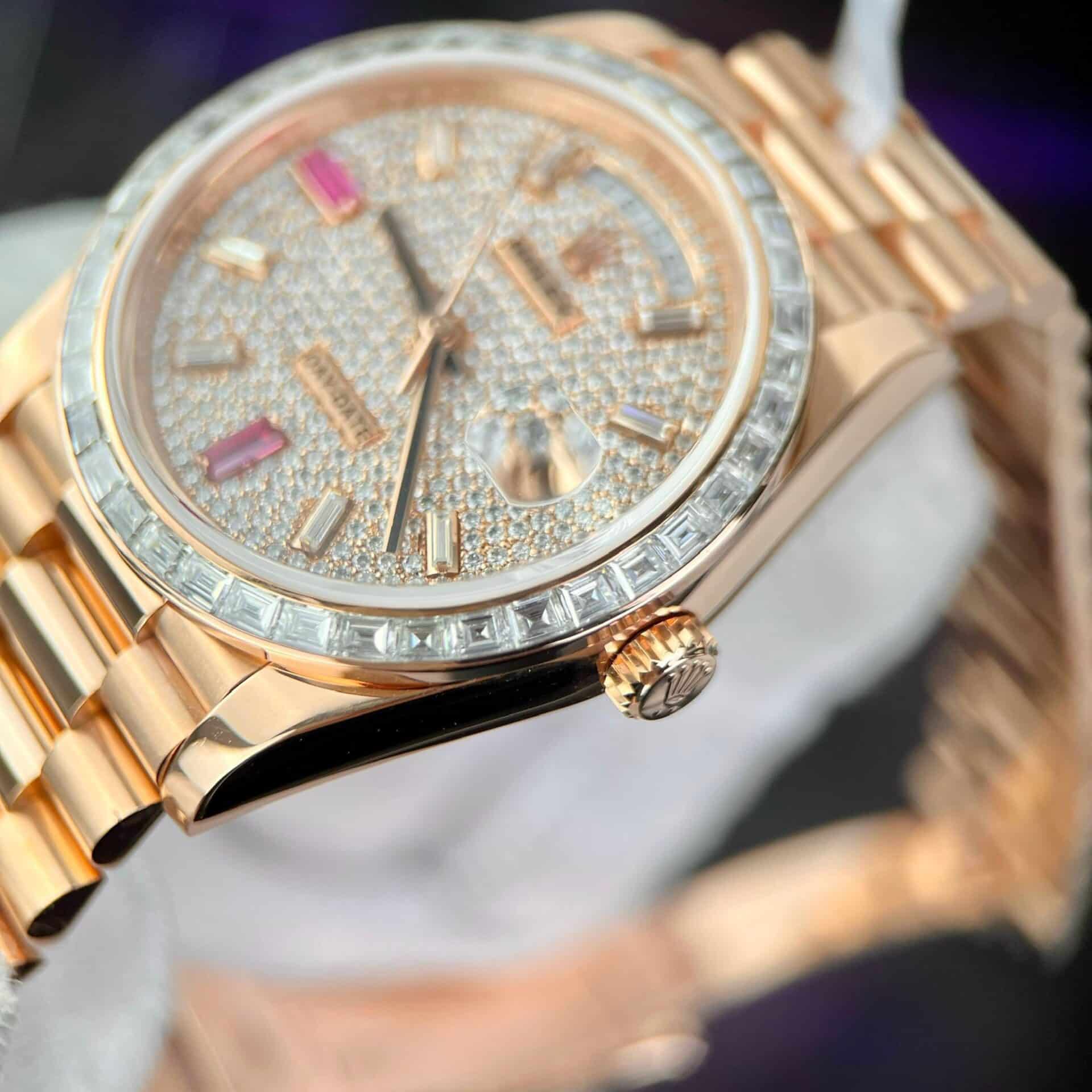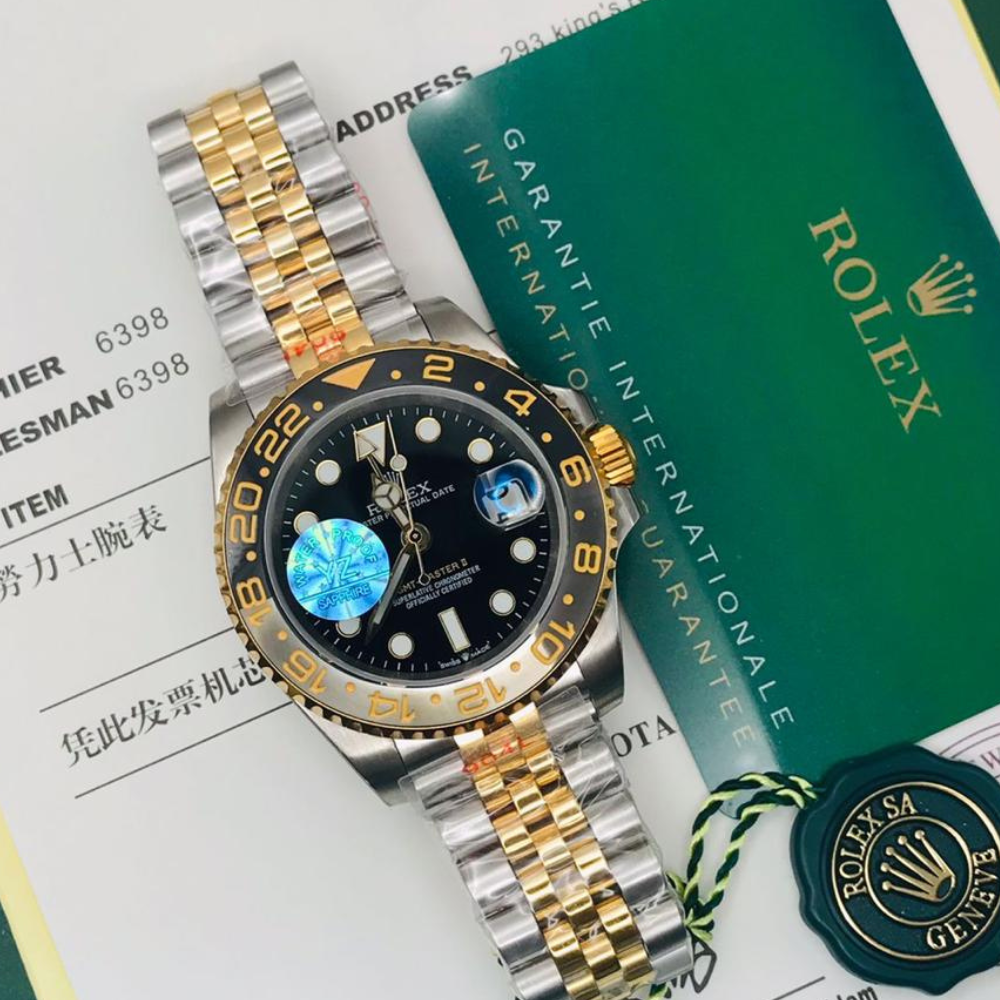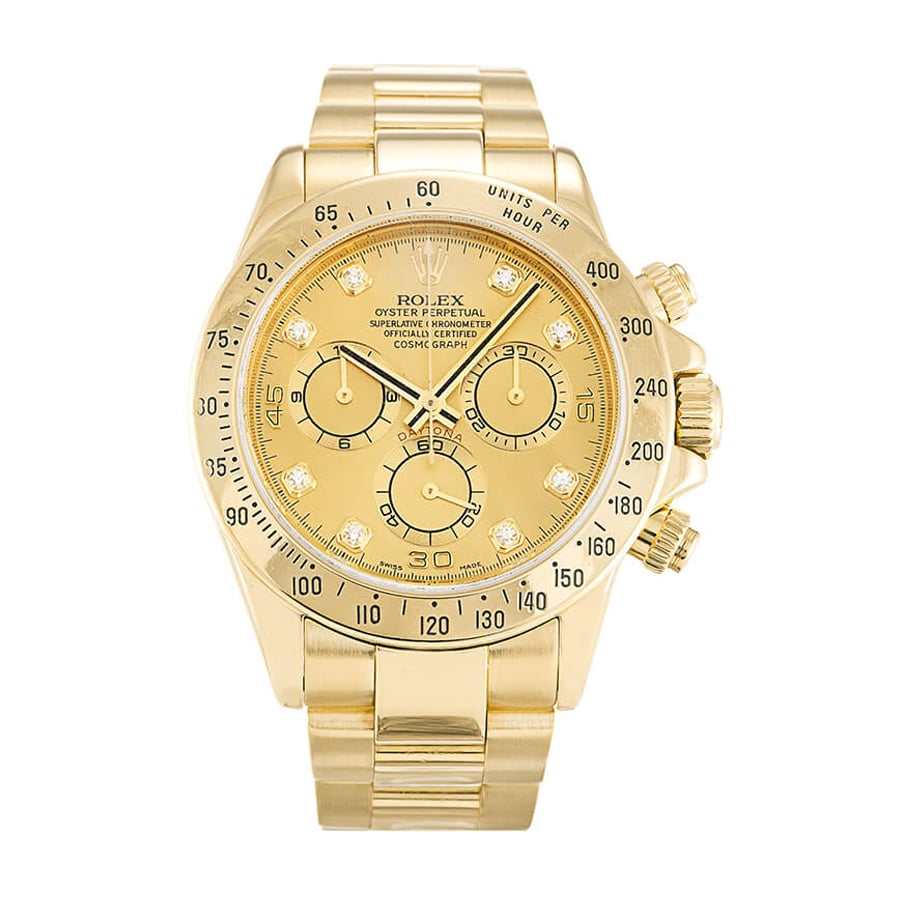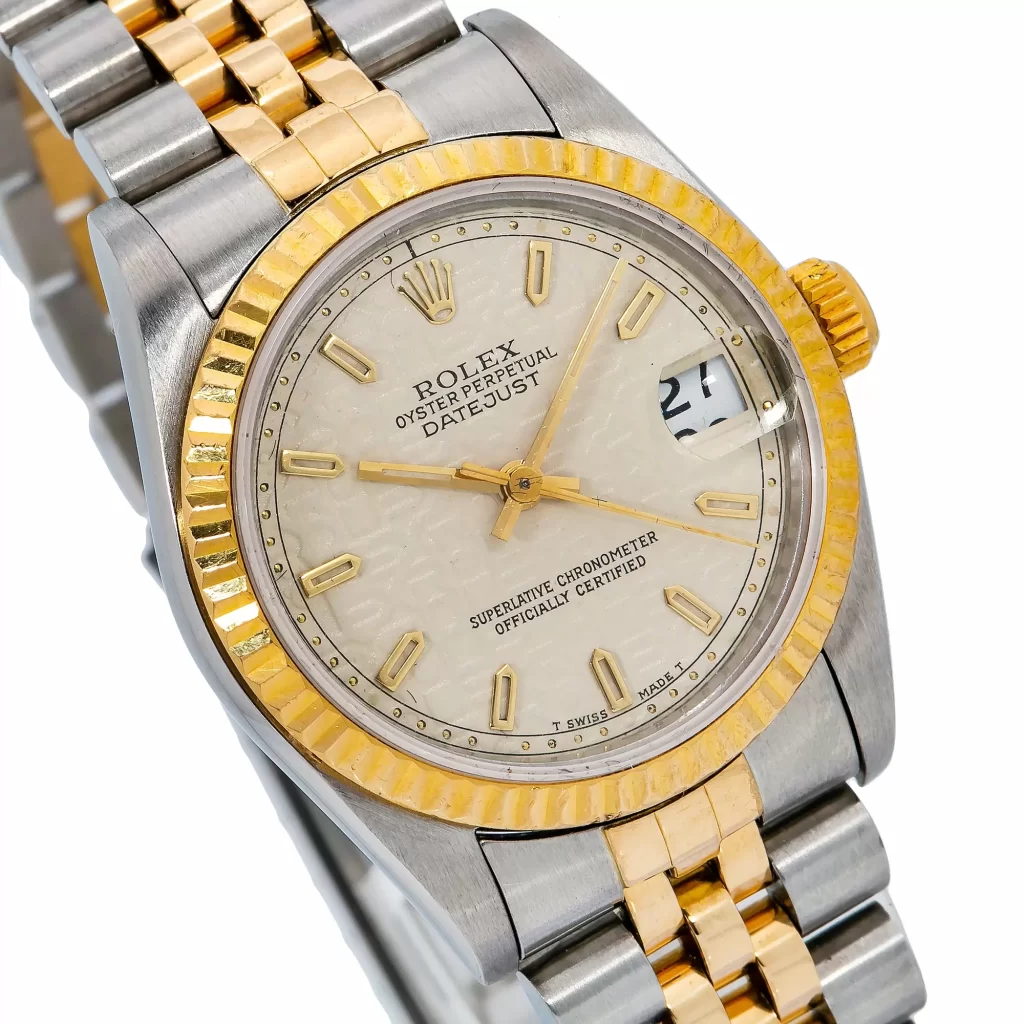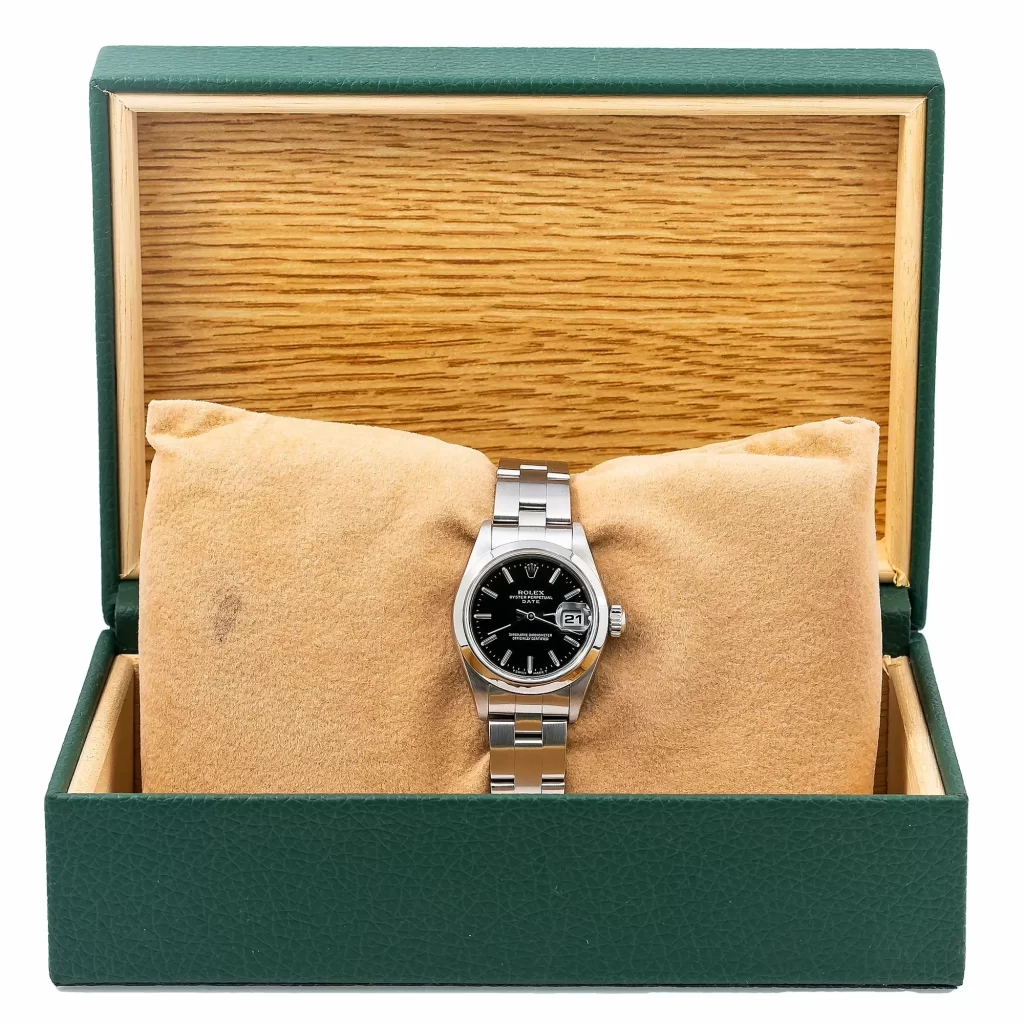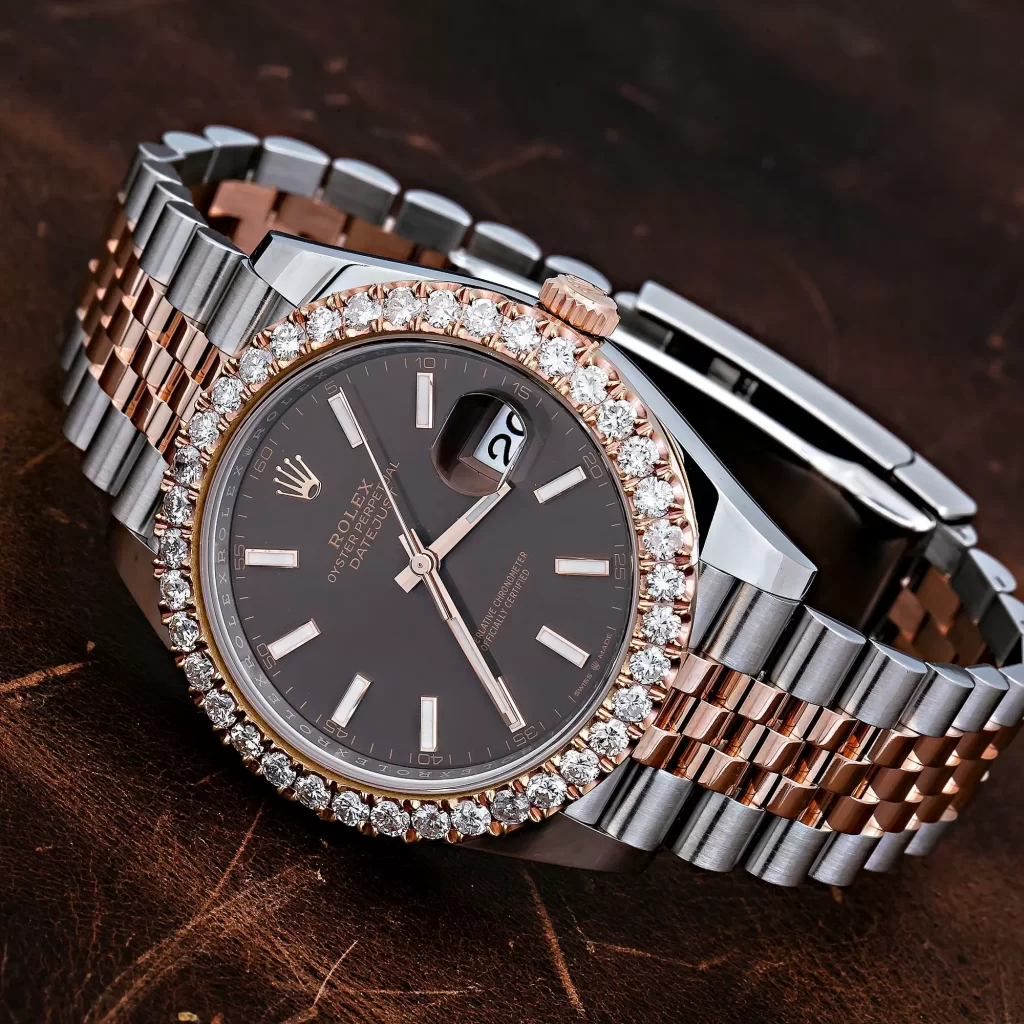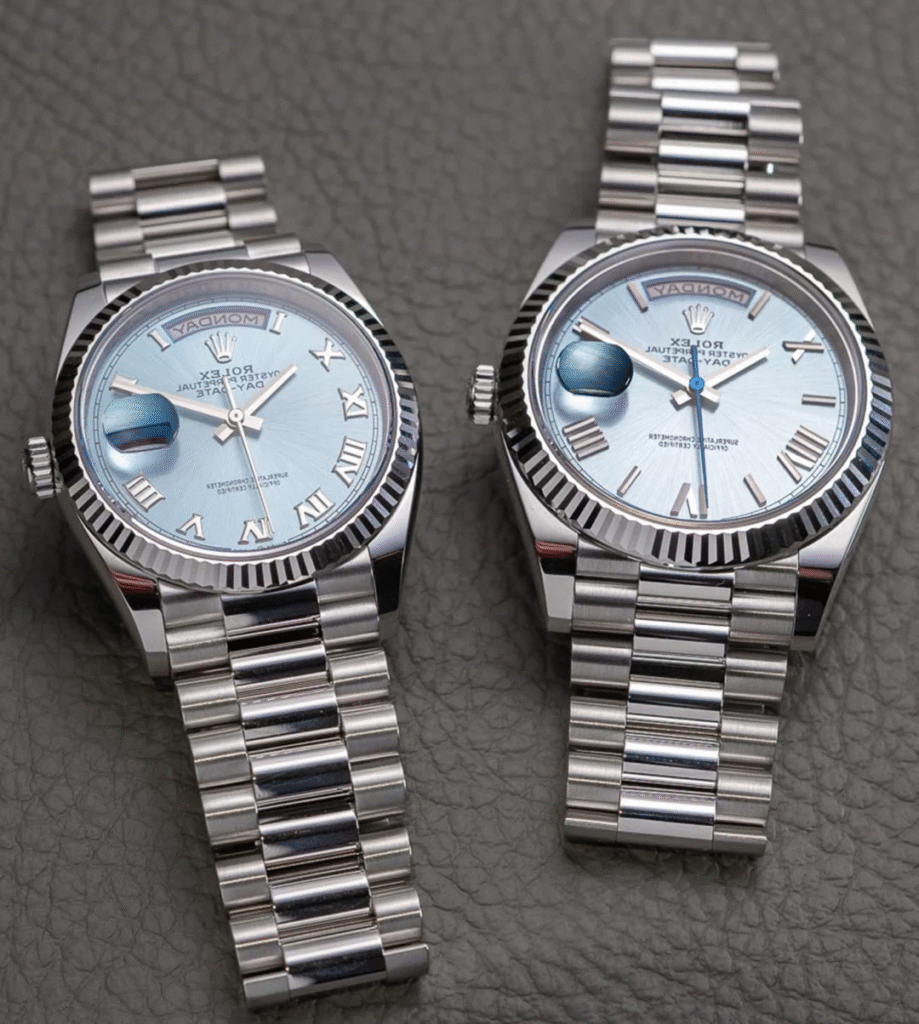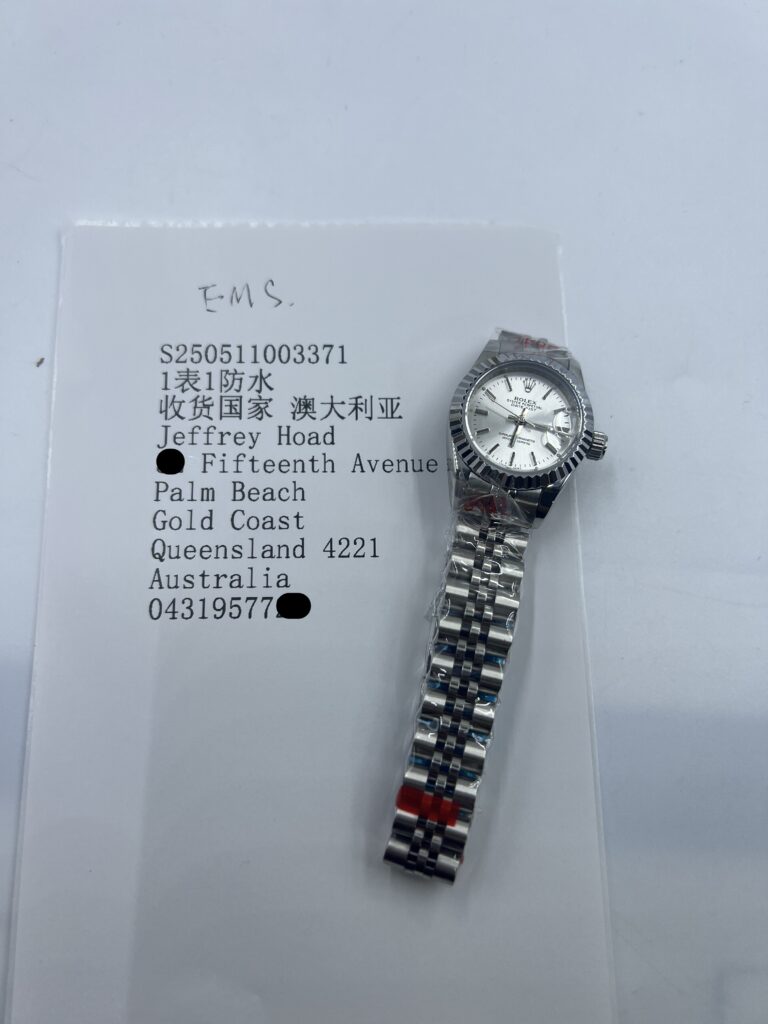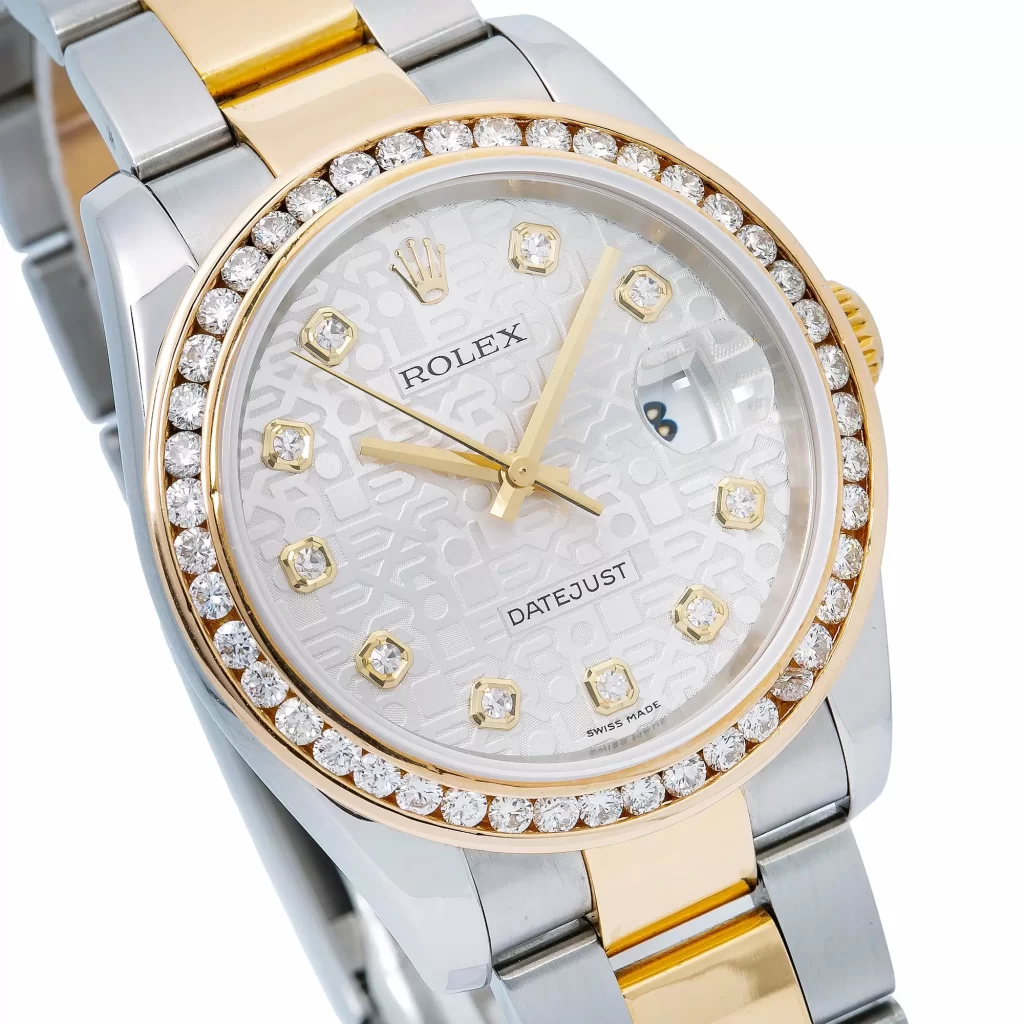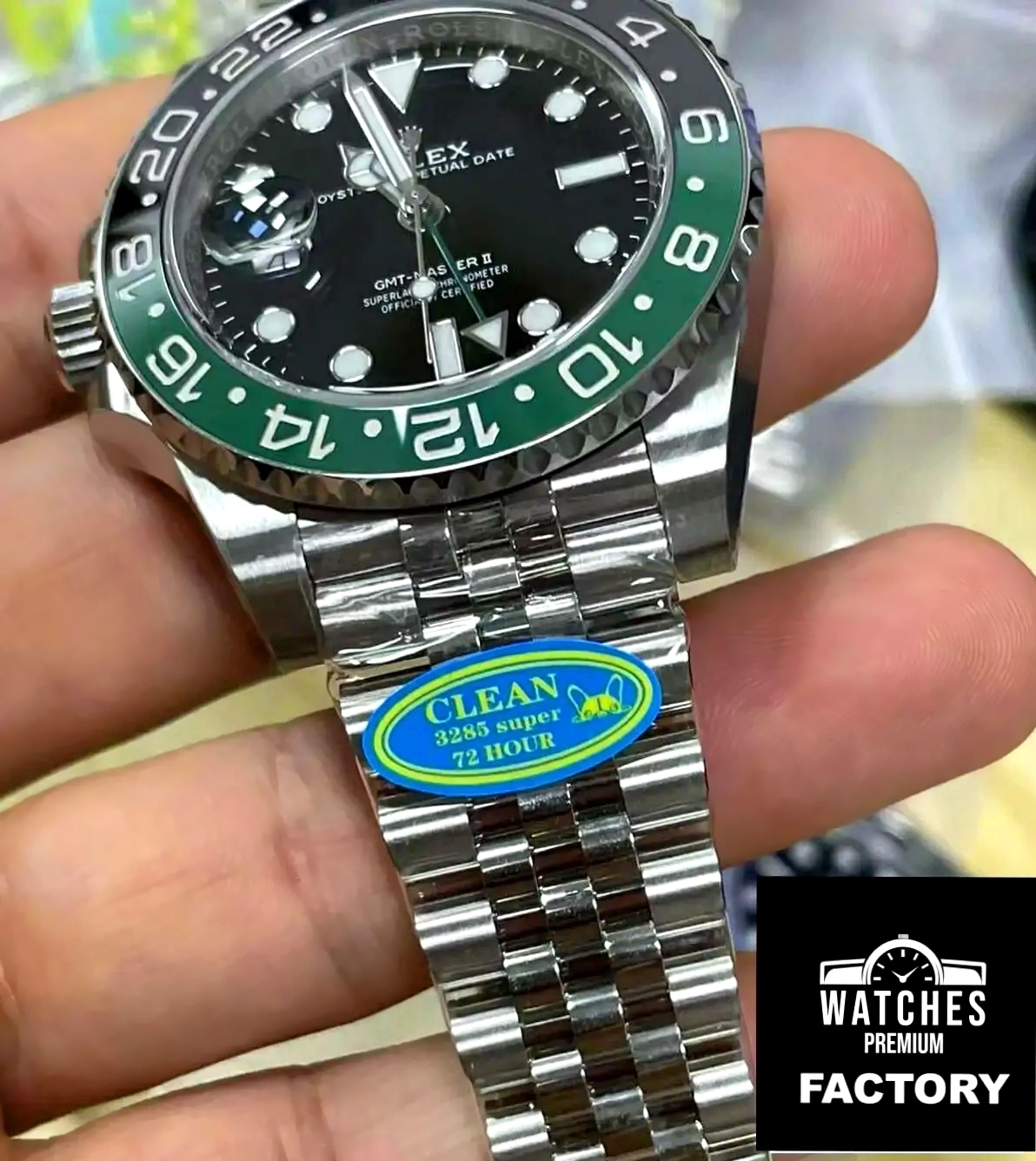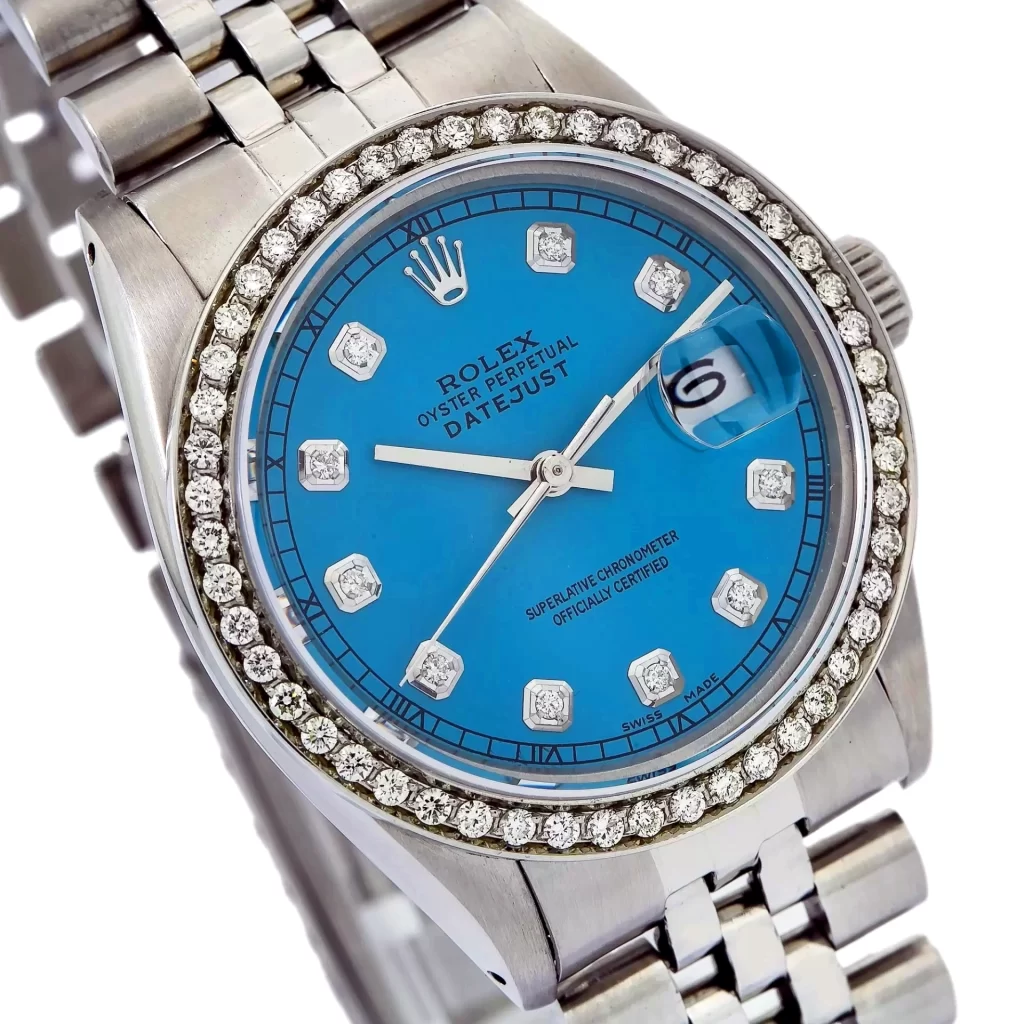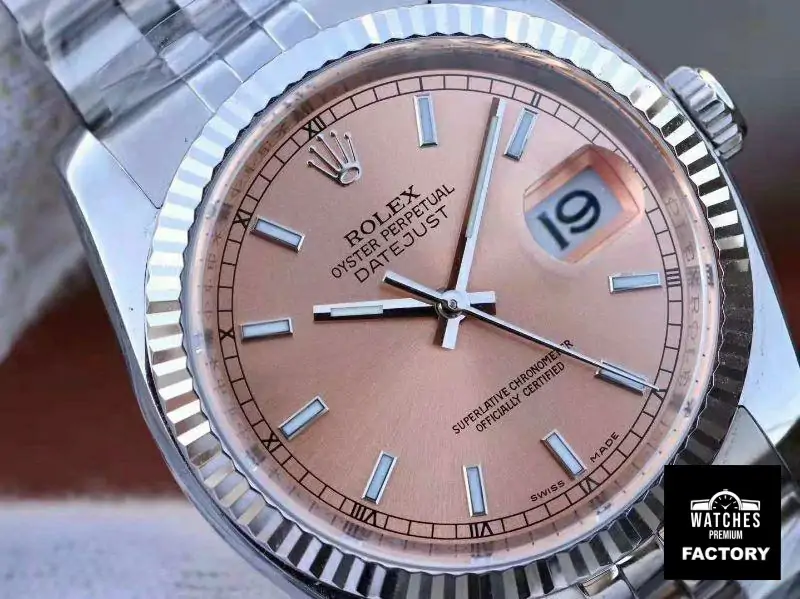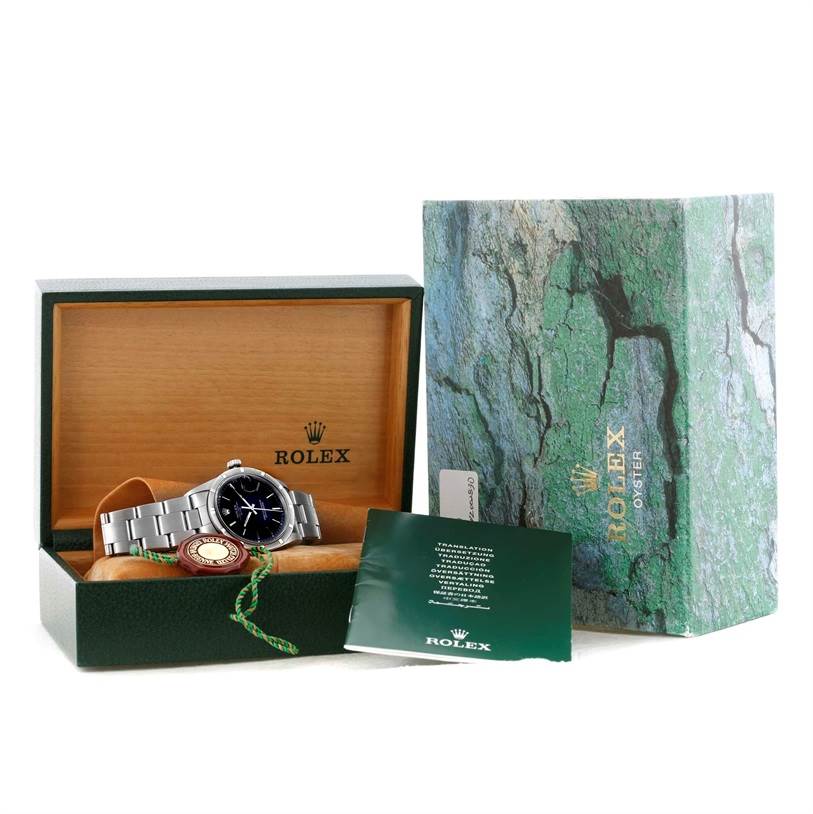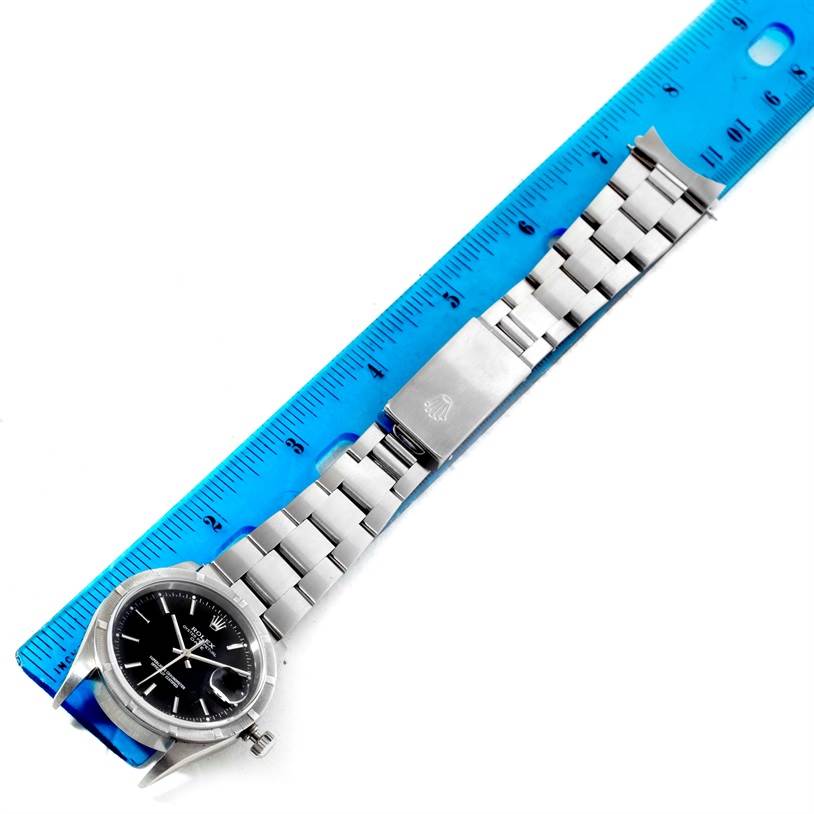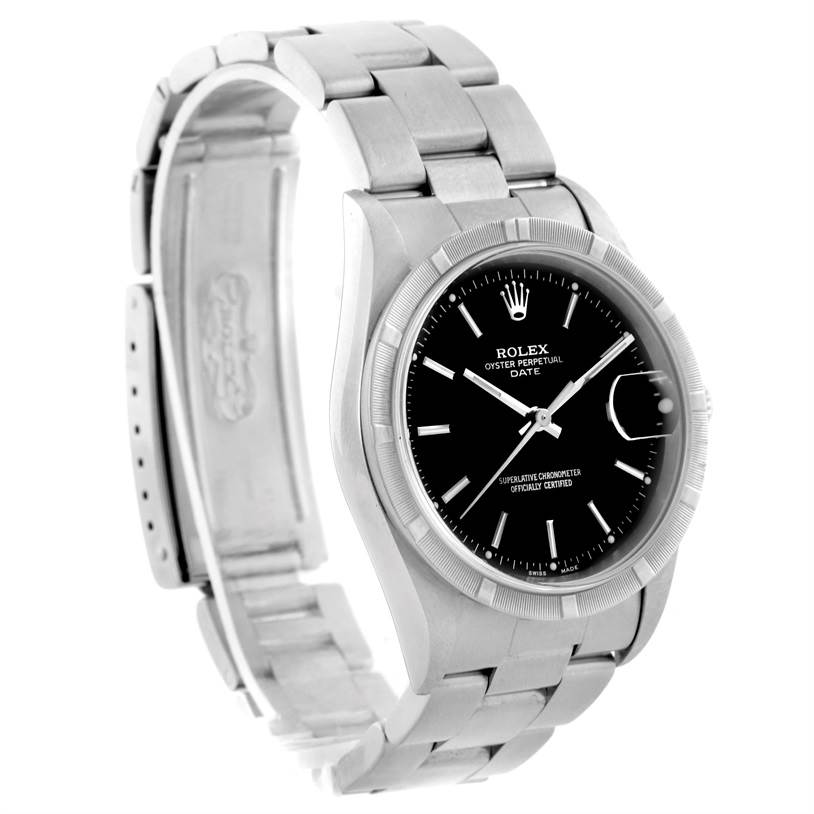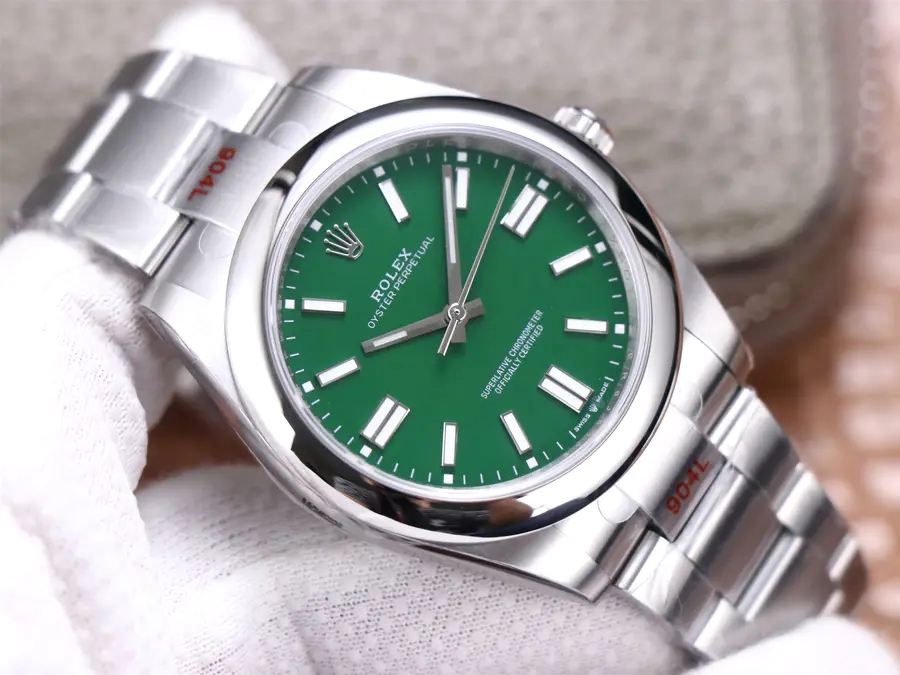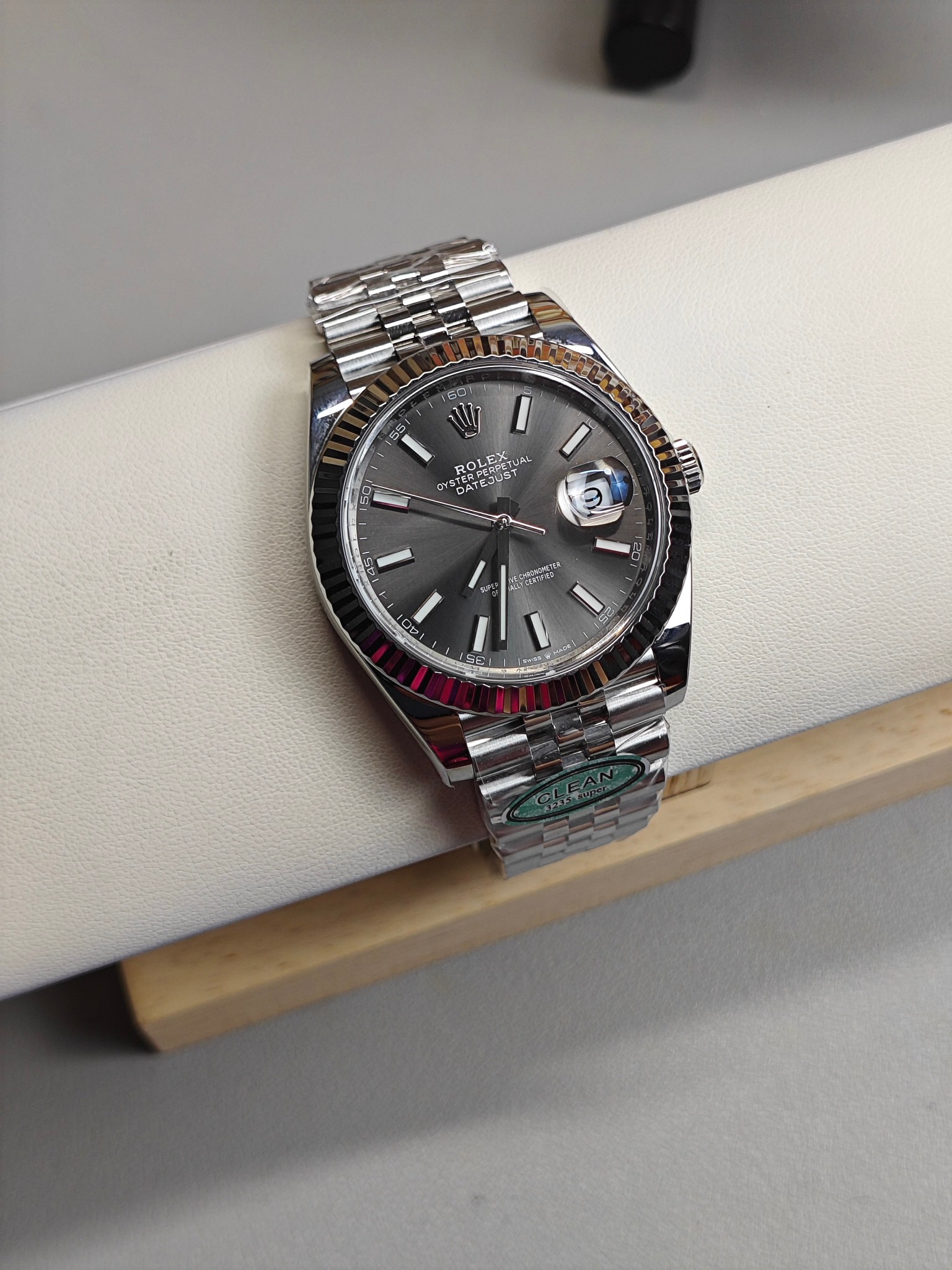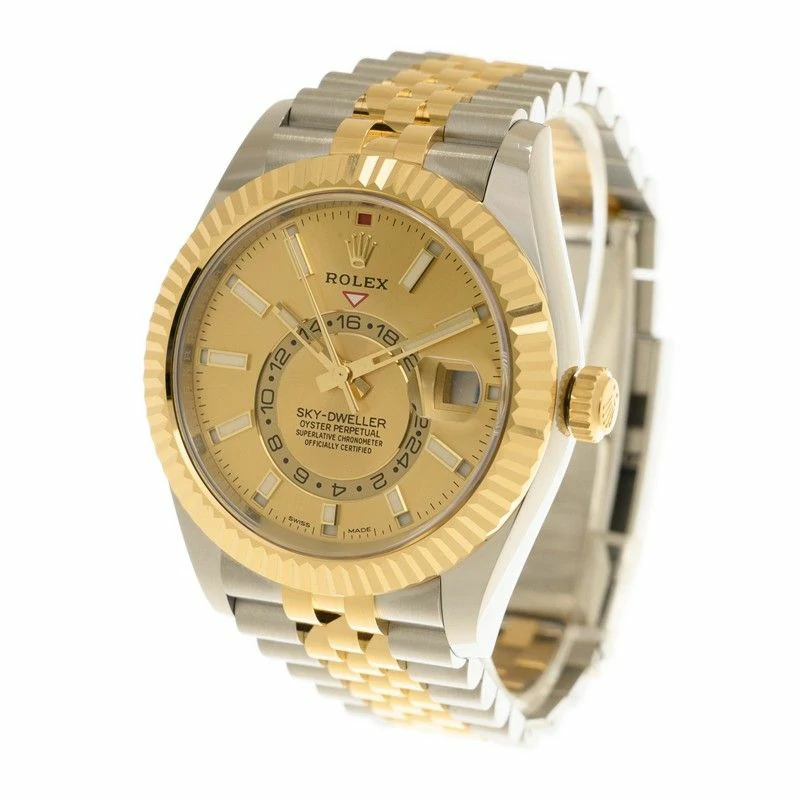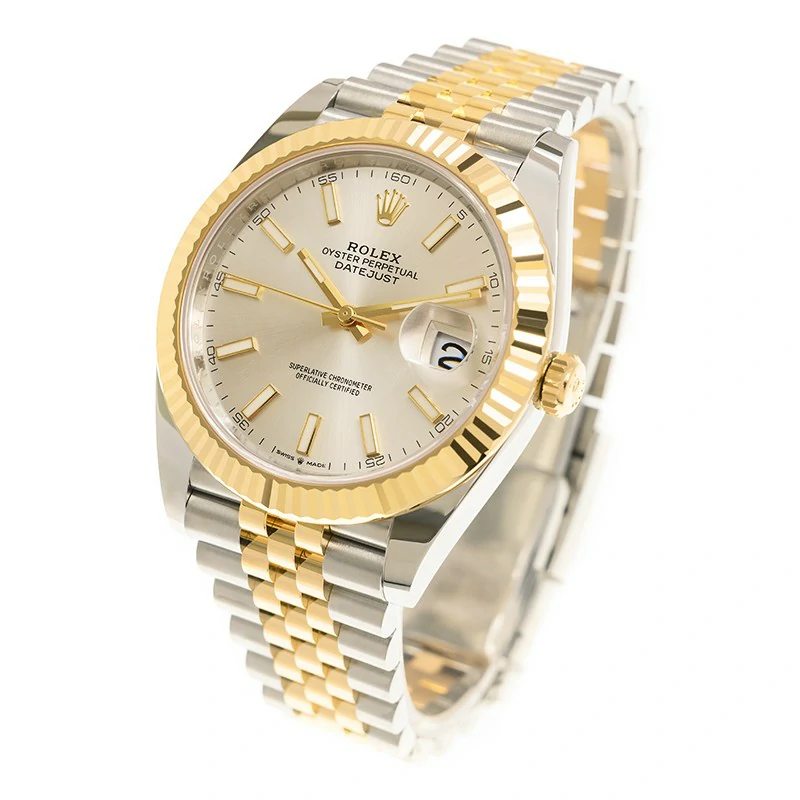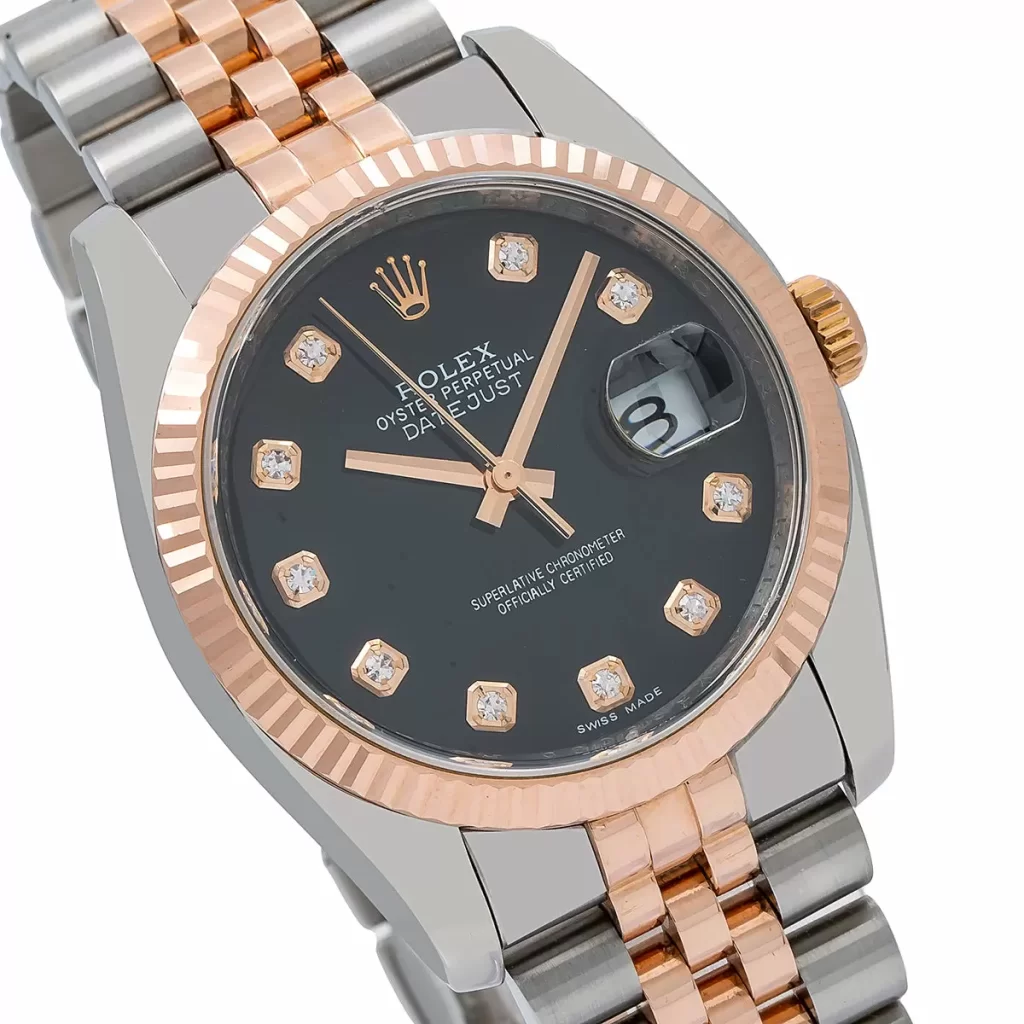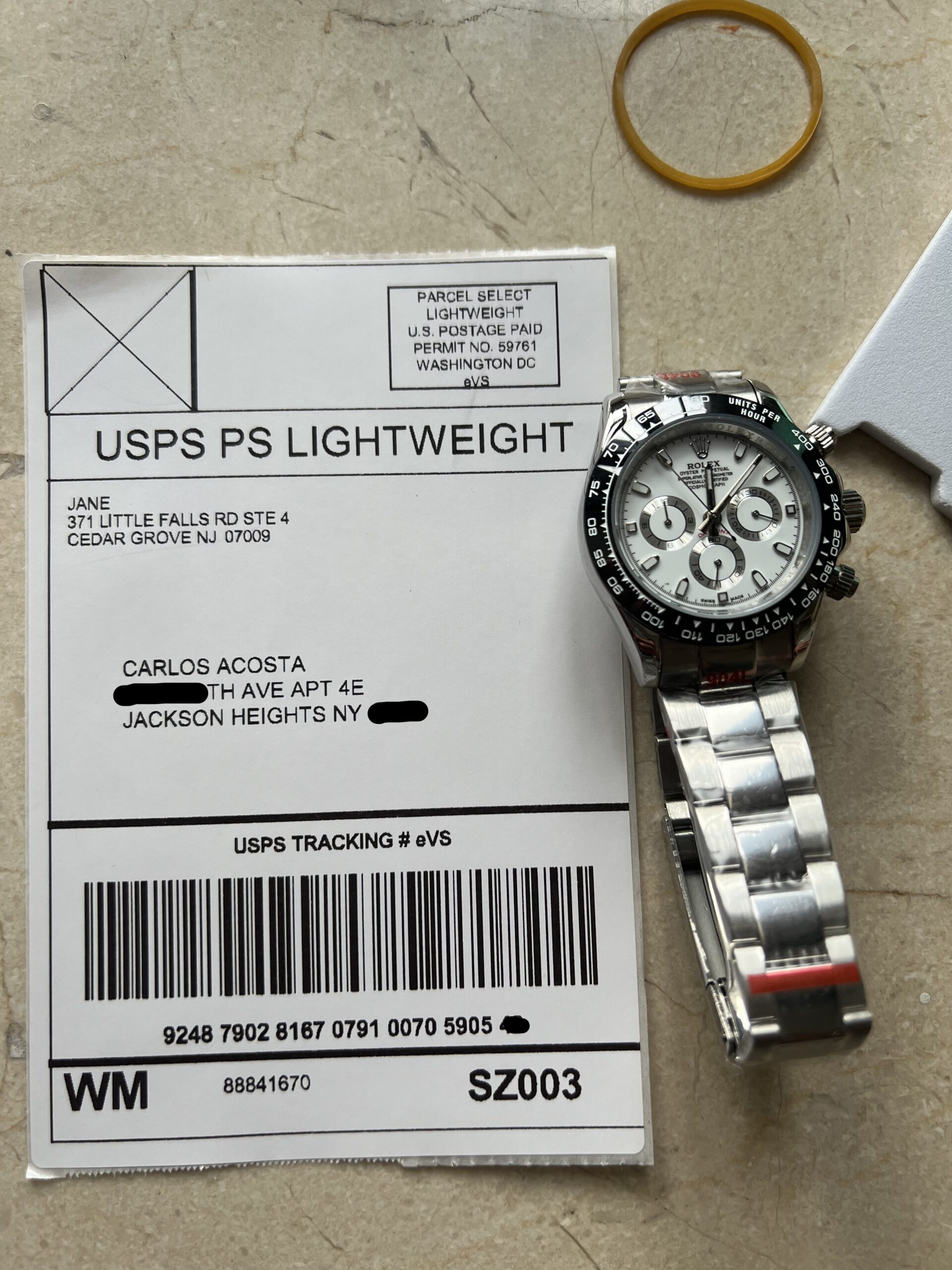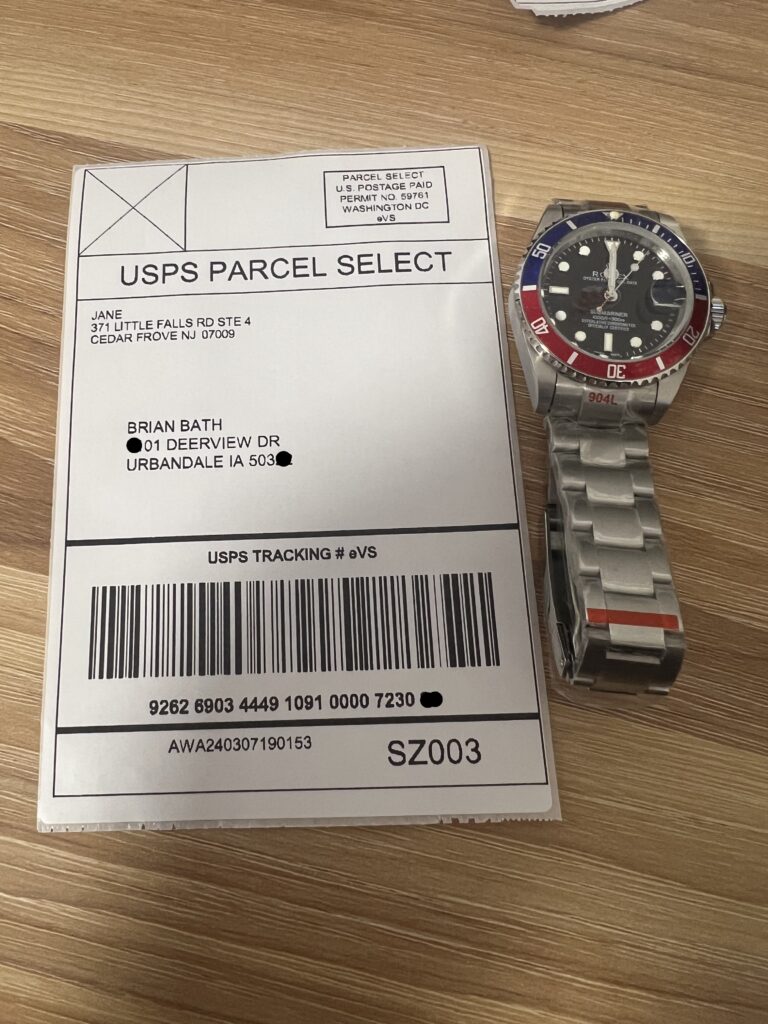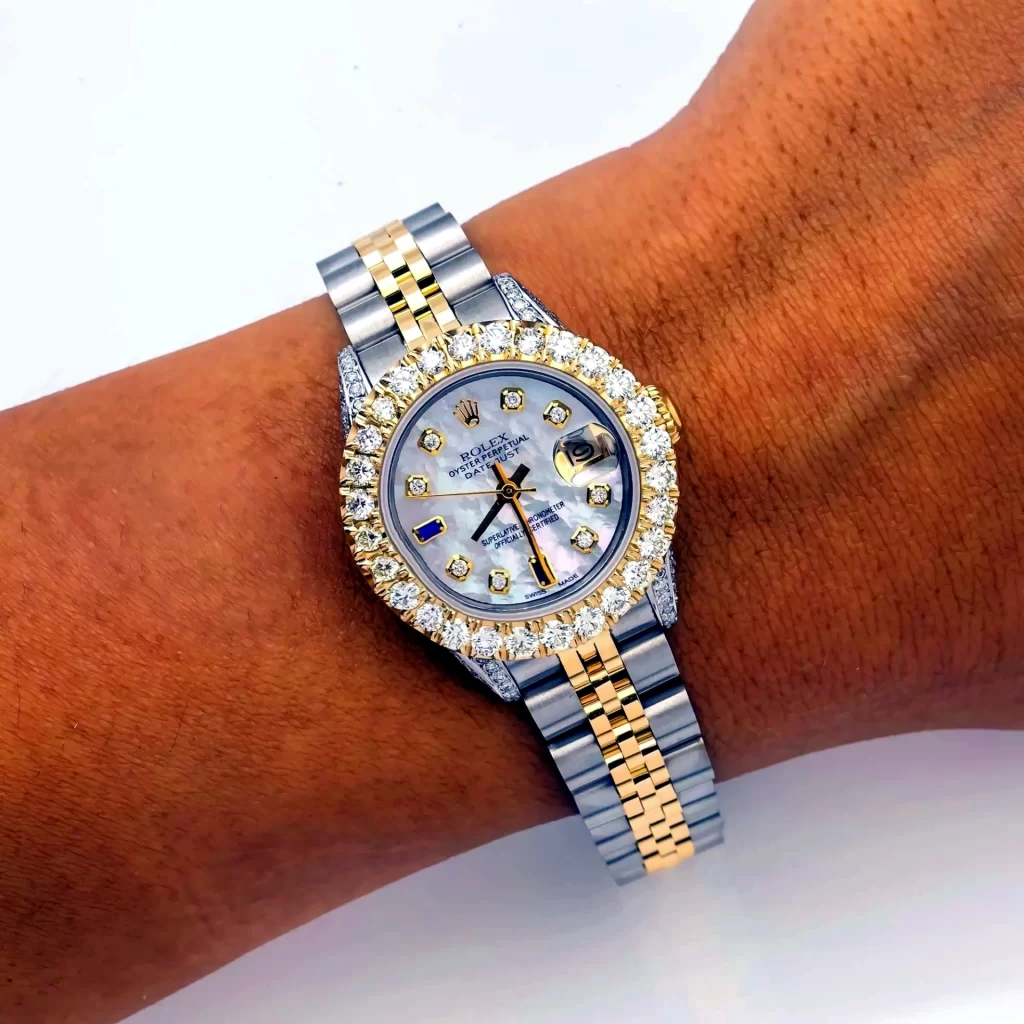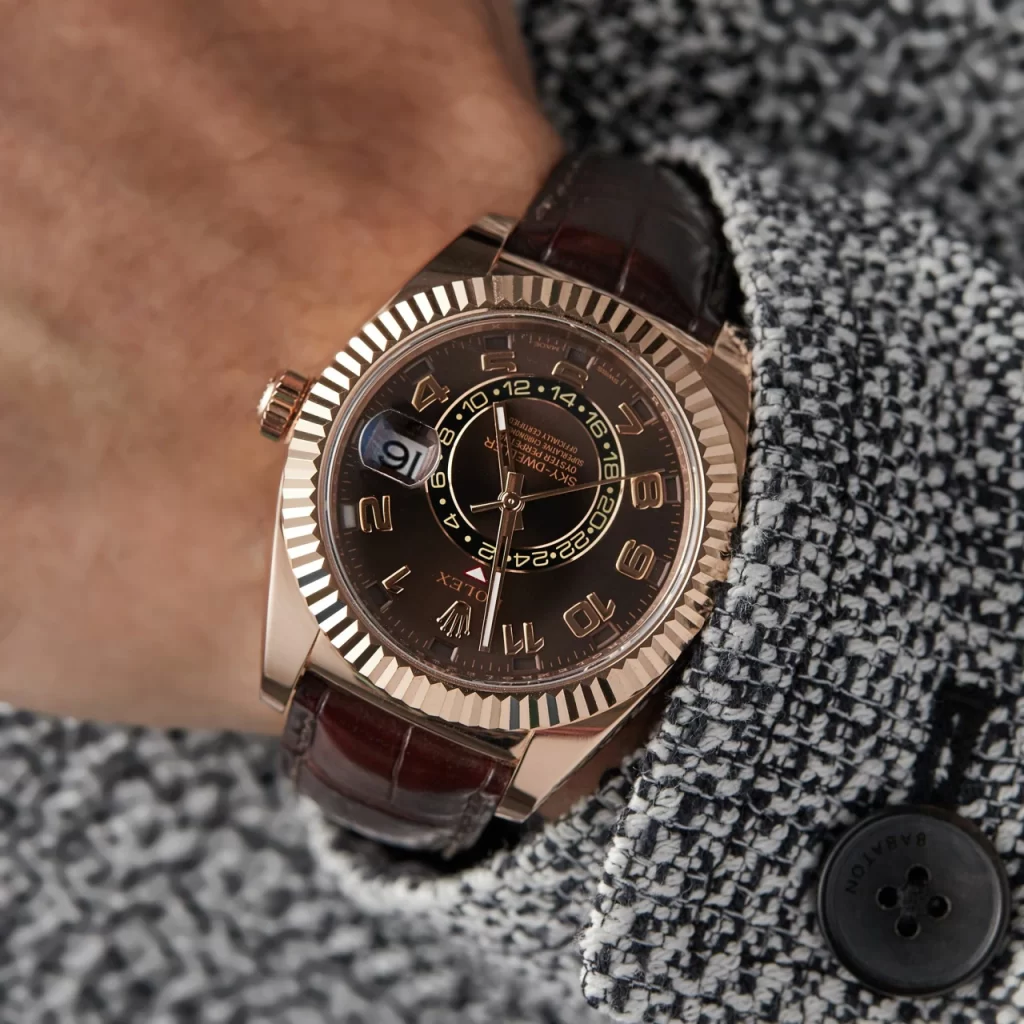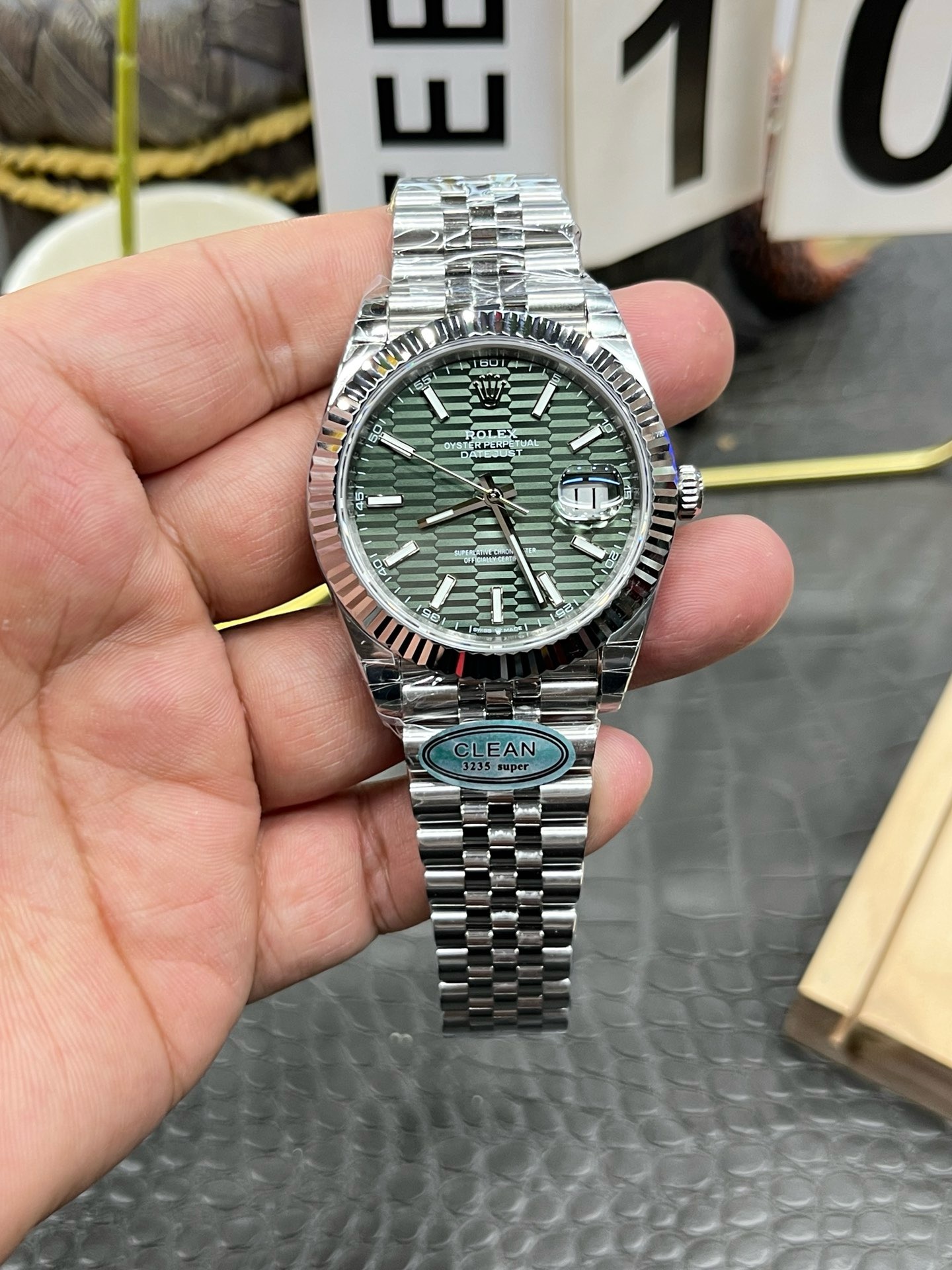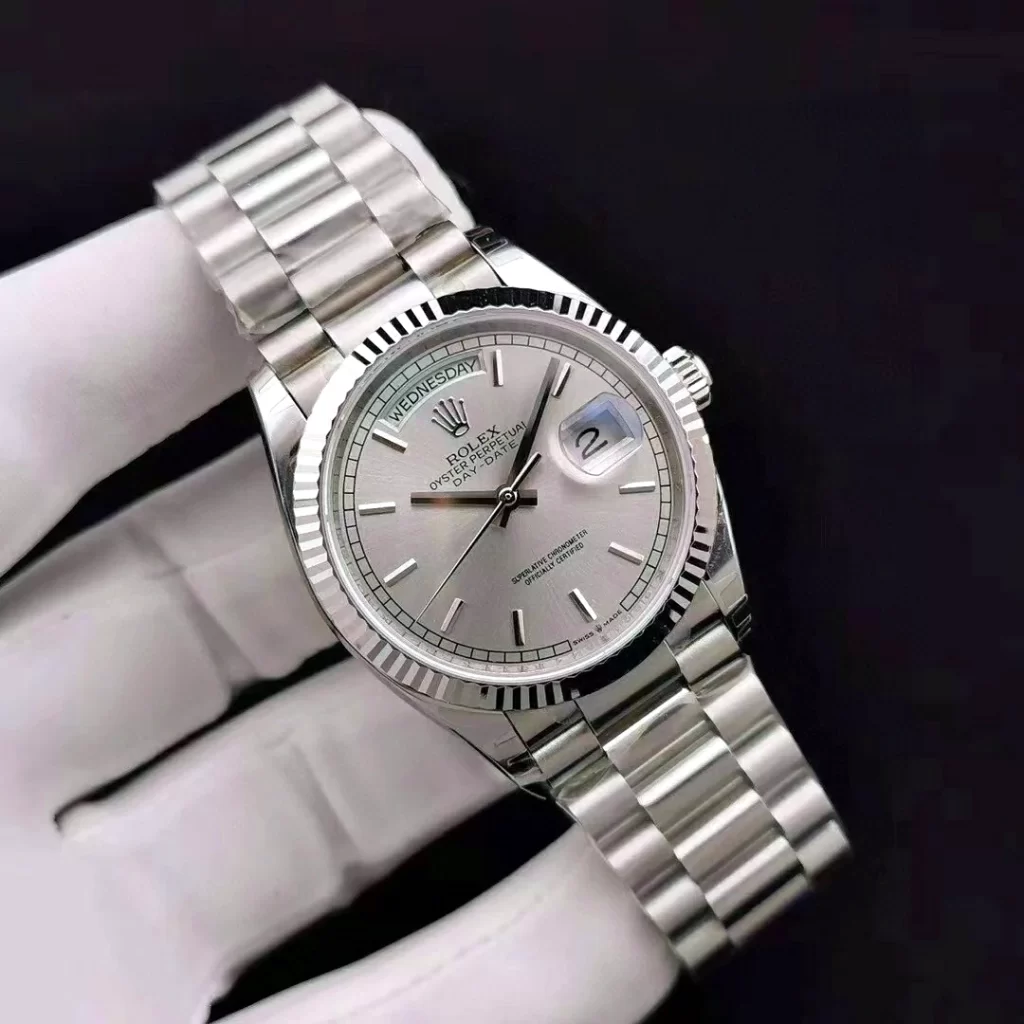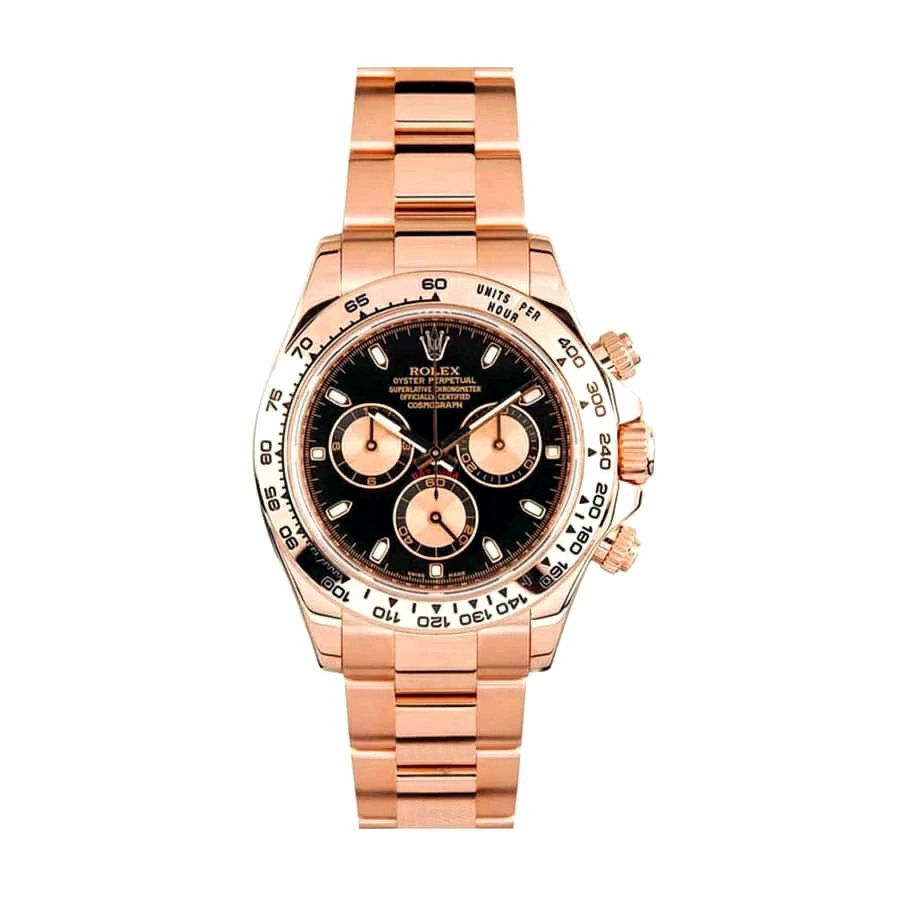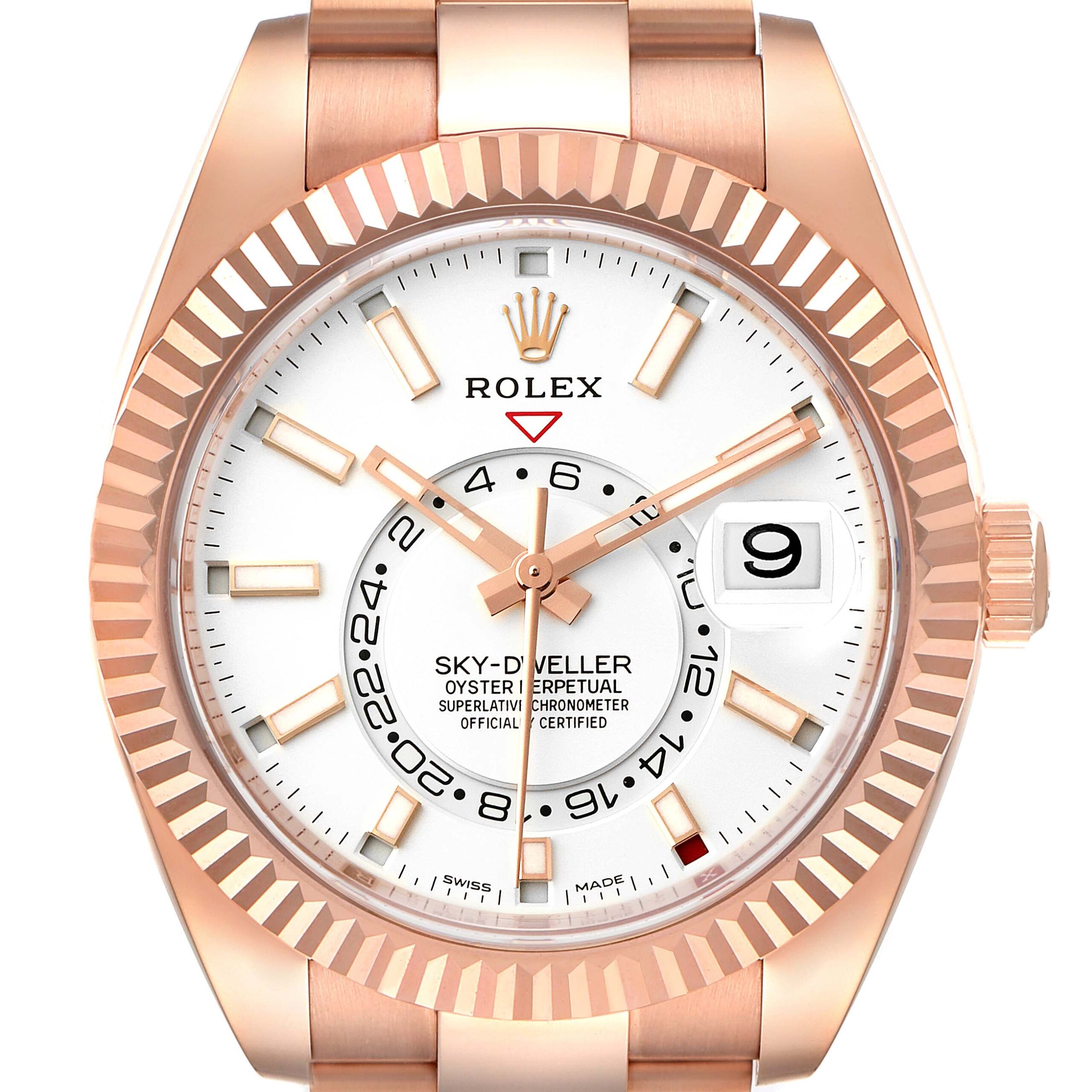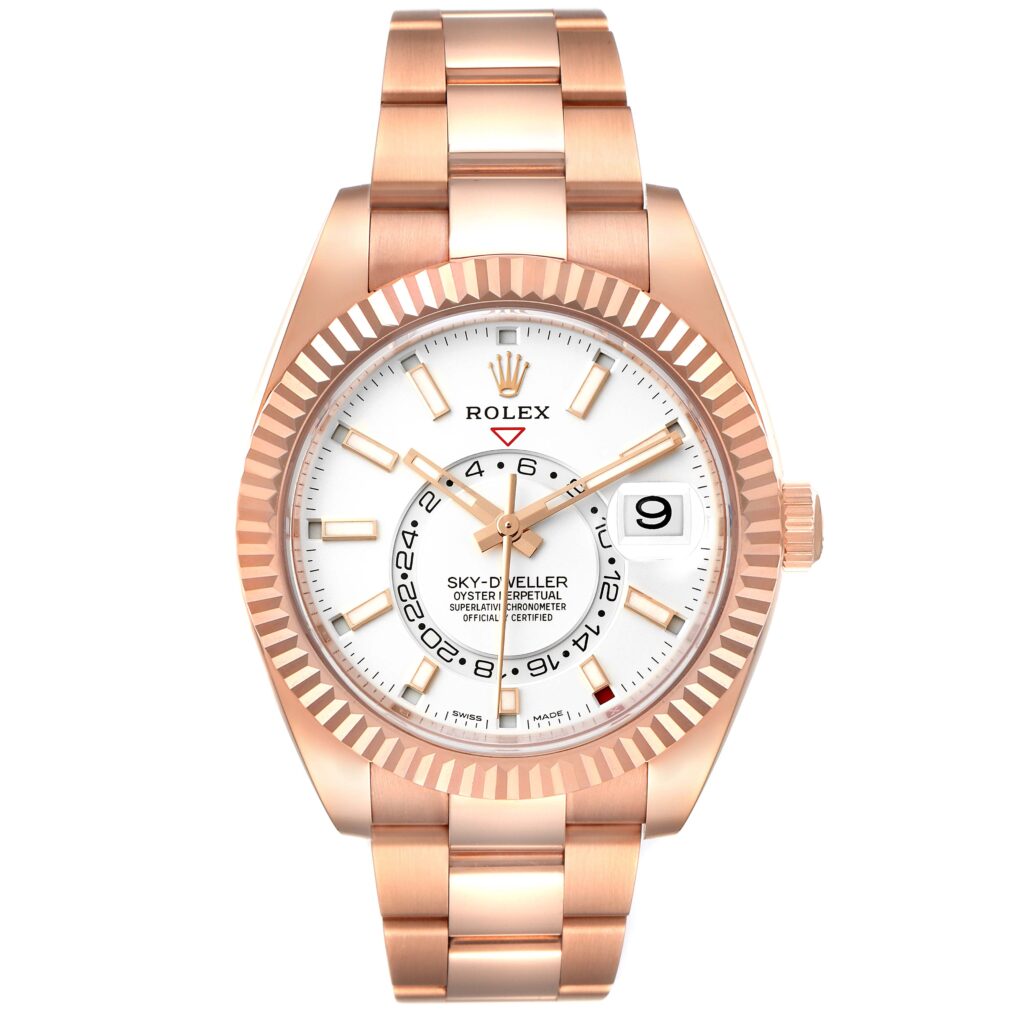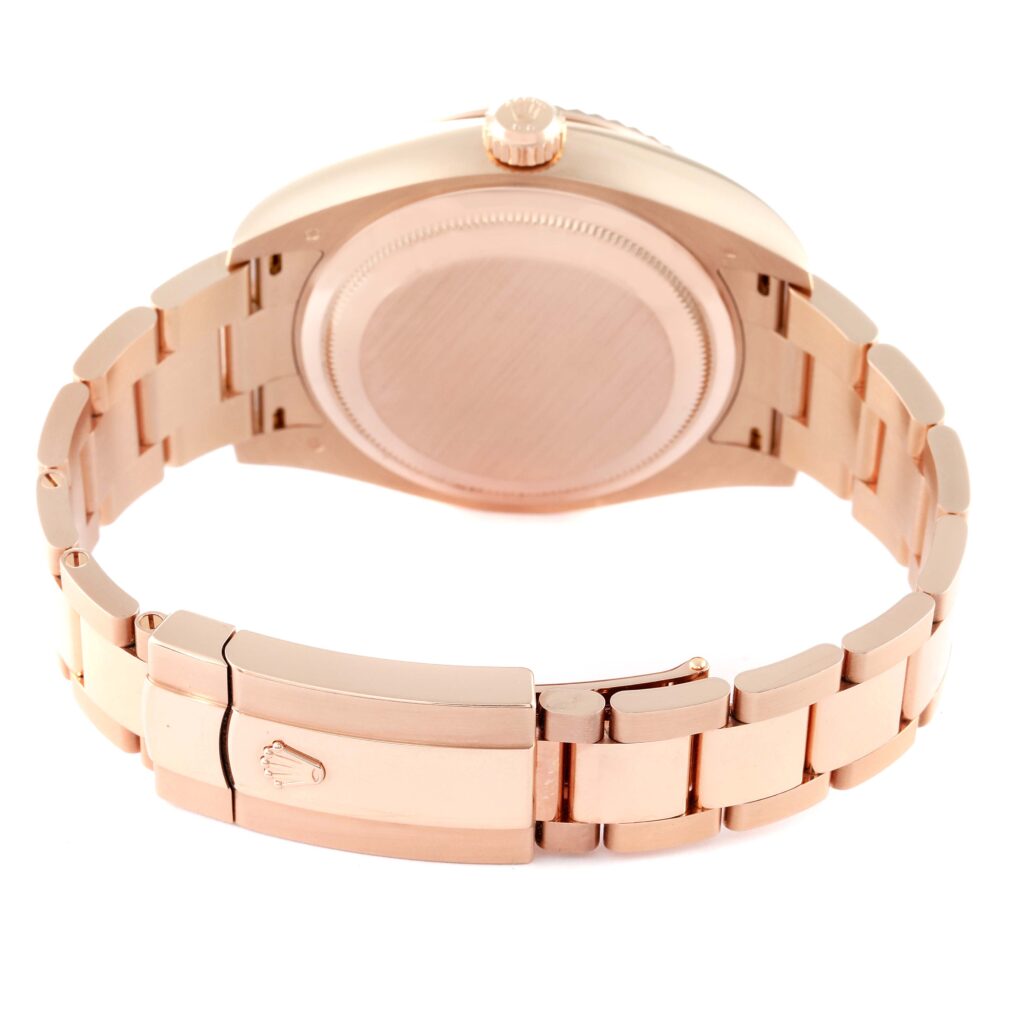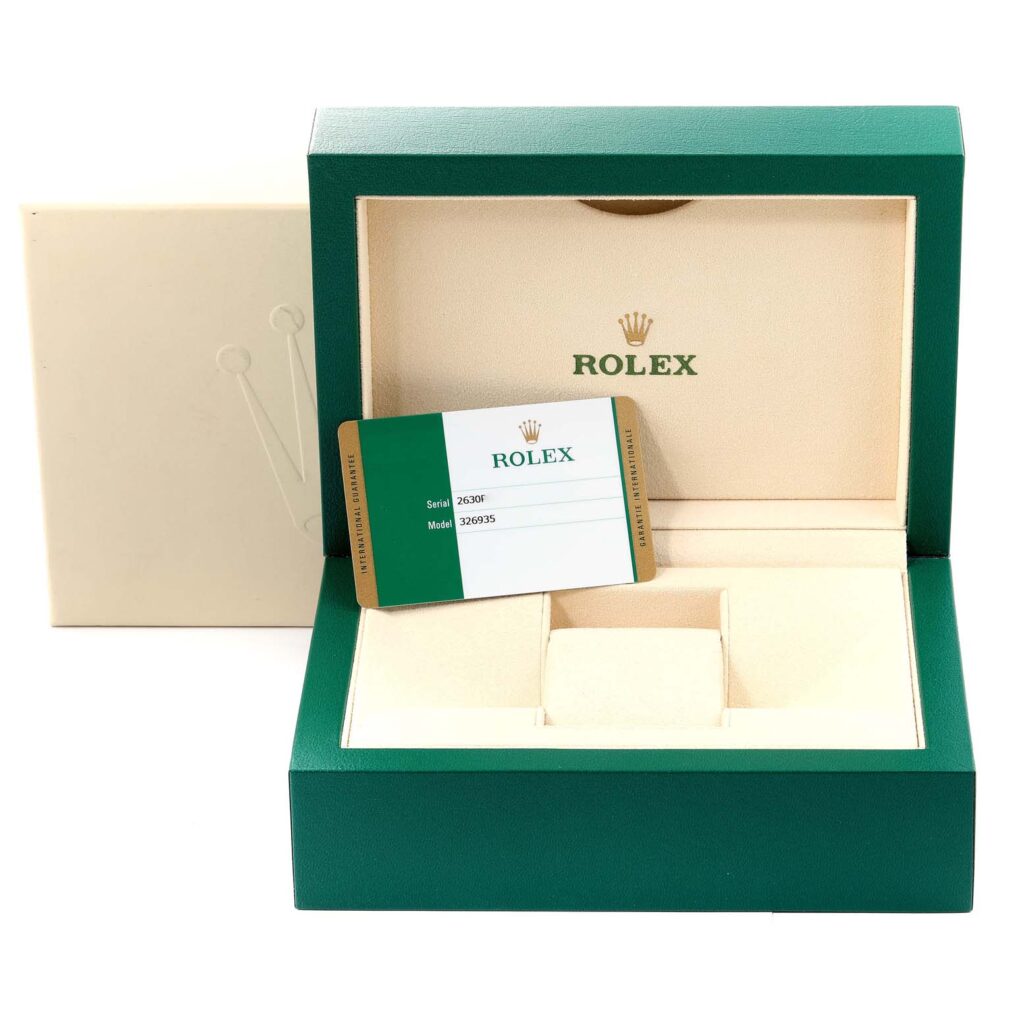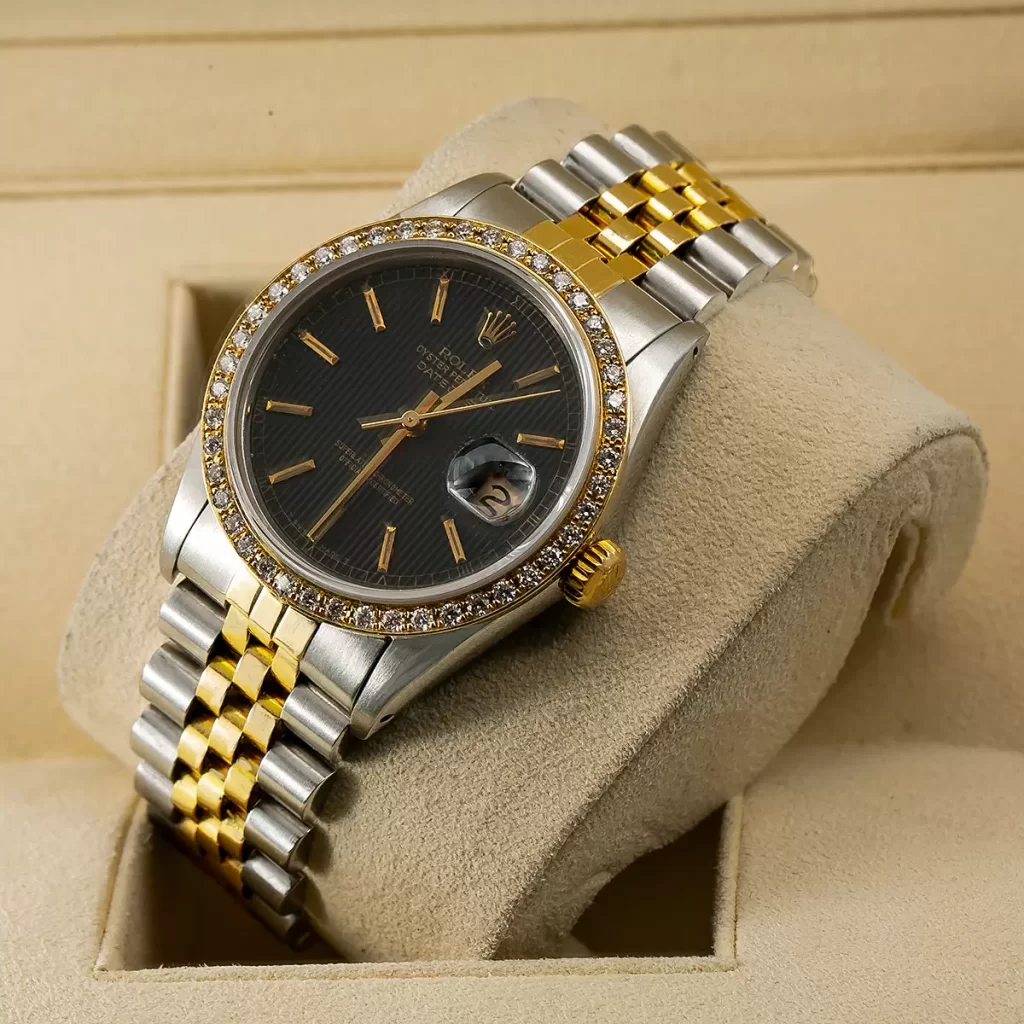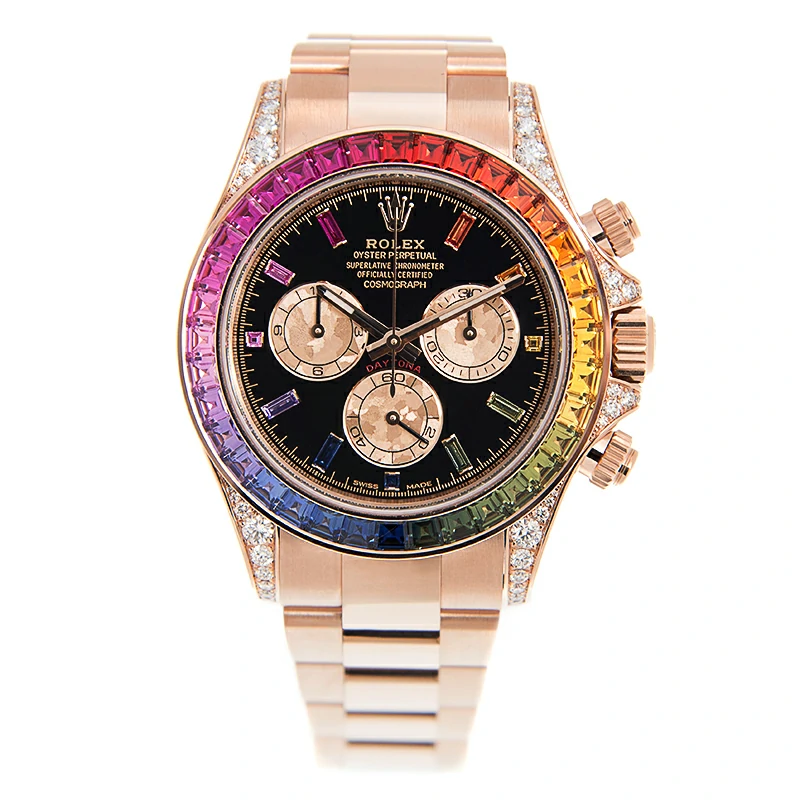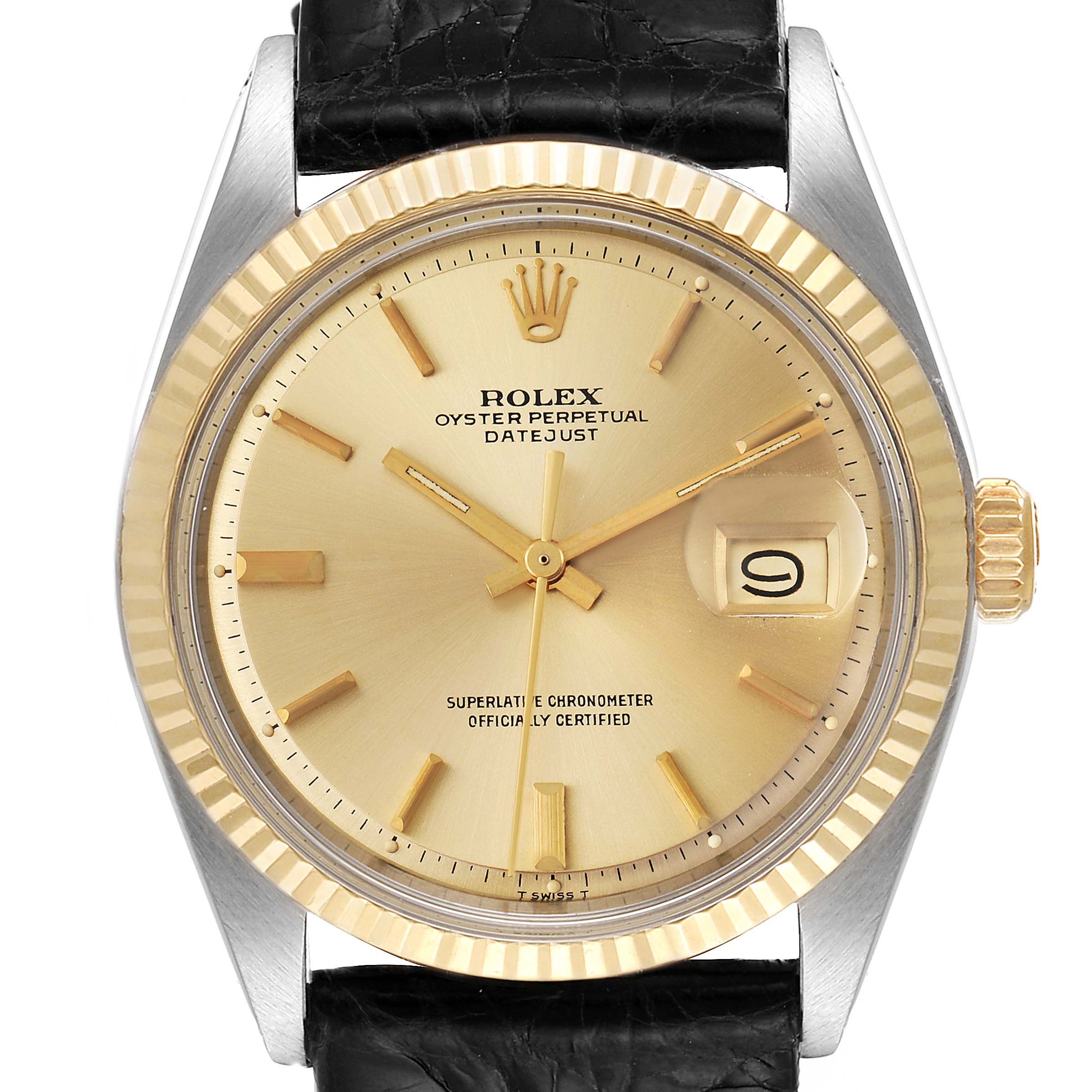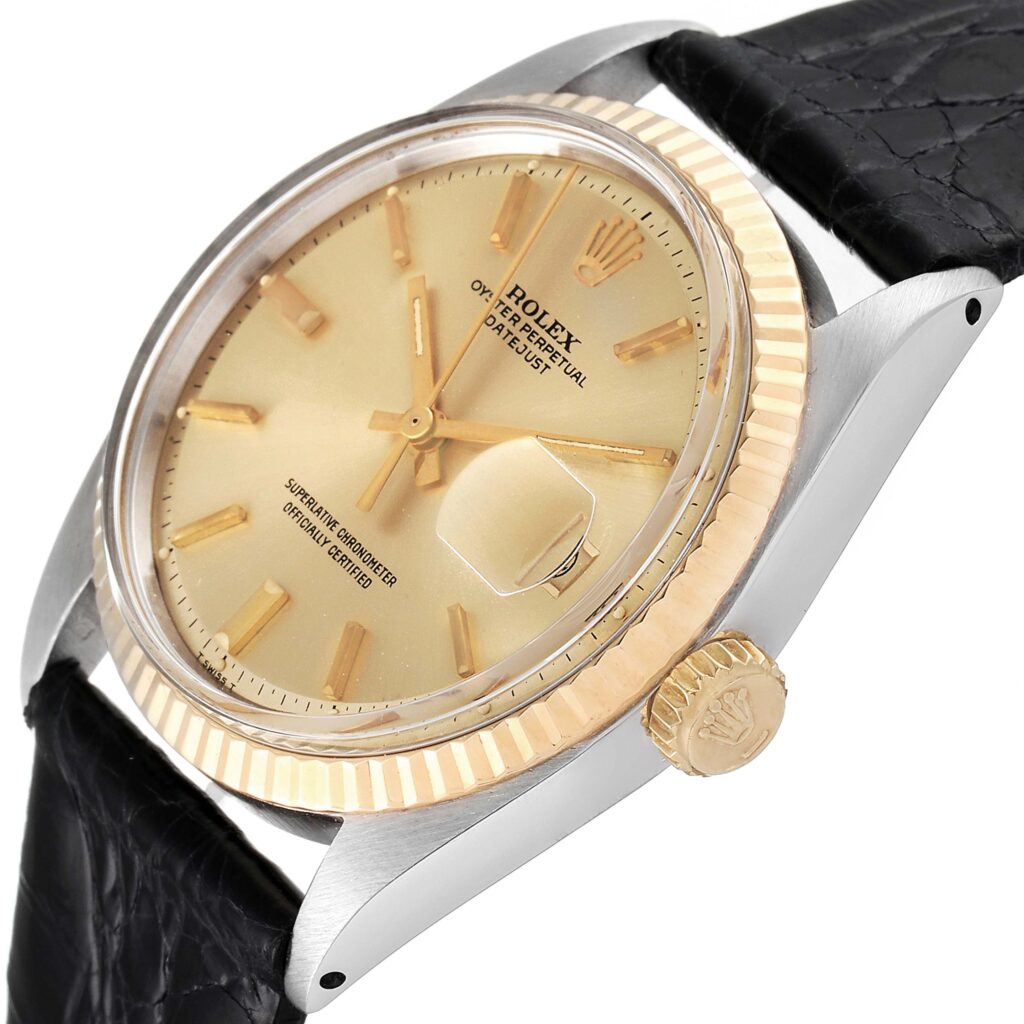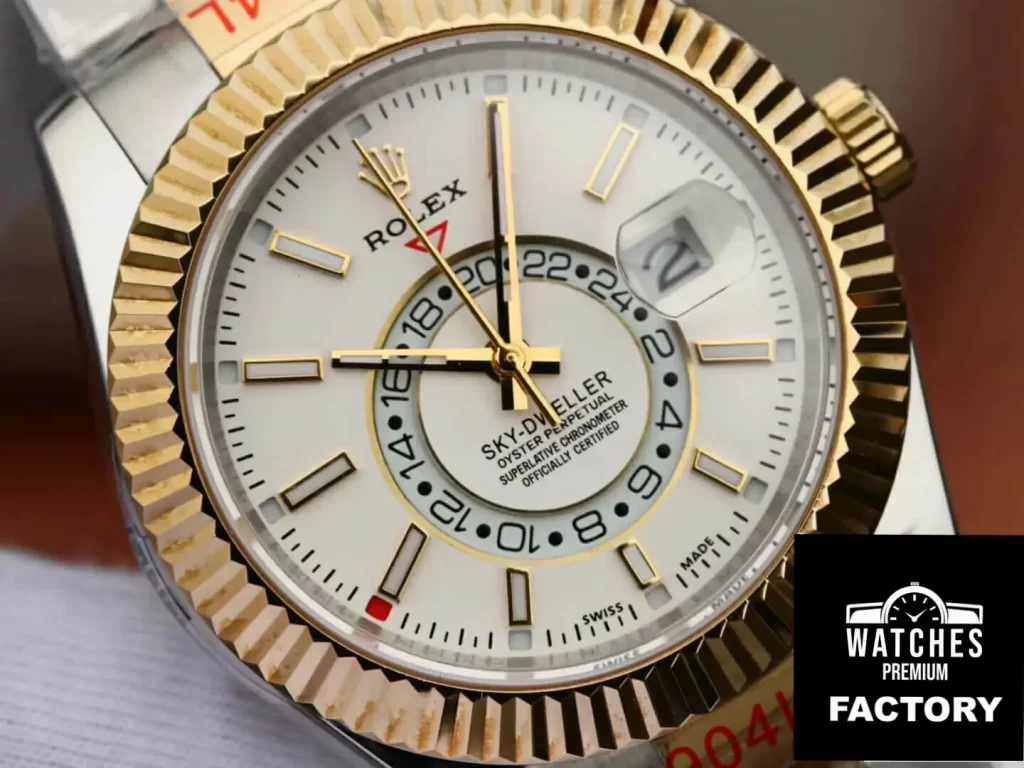Which Rolex Deepsea Truly Belongs on Your Wrist?
At 44mm in diameter, engineered to survive nearly 4,000 meters beneath the ocean’s surface, it exists far beyond necessity. This is not a dive watch designed to accompany you – it is a machine built to outlast you.
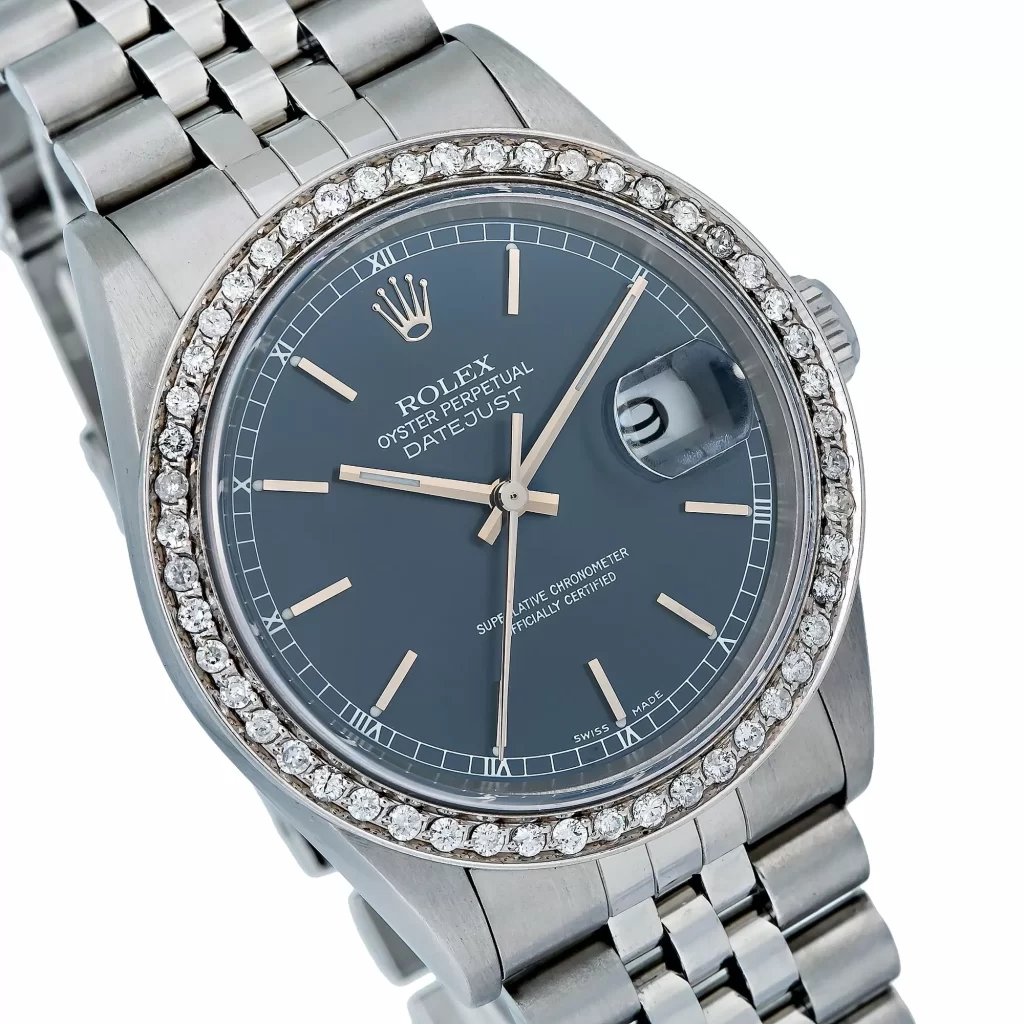
Yet today, the Deepsea is no longer a single statement. It is a trio. And each version speaks in a very different voice.
What once seemed like a simple decision – black dial or blue gradient – has evolved into something far more philosophical. In the current lineup, the stainless-steel black dial Ref. 136660, the emotionally charged D-Blue “James Cameron” variant, and the astonishing full 18k yellow gold Ref. 136668LB represent three distinct interpretations of excess, purpose, and desire.
This is not about choosing a watch. It is about choosing an attitude.
The modern Rolex Deepsea platform, introduced in 2022 under reference 136660, represents Rolex engineering at its most quietly obsessive. On paper, it looks familiar. On the wrist, the refinements reveal themselves slowly – almost reluctantly.
Legibility improves first. The date aperture grows subtly, yet meaningfully, restoring balance to a dial dominated by massive lume plots and deep-set text. Then there is the clasp. Rolex made a rare admission here: almost no one wears a Deepsea over a drysuit. By removing the folding Fliplock extension, the bracelet becomes slimmer, more fluid, and significantly more wearable day to day.
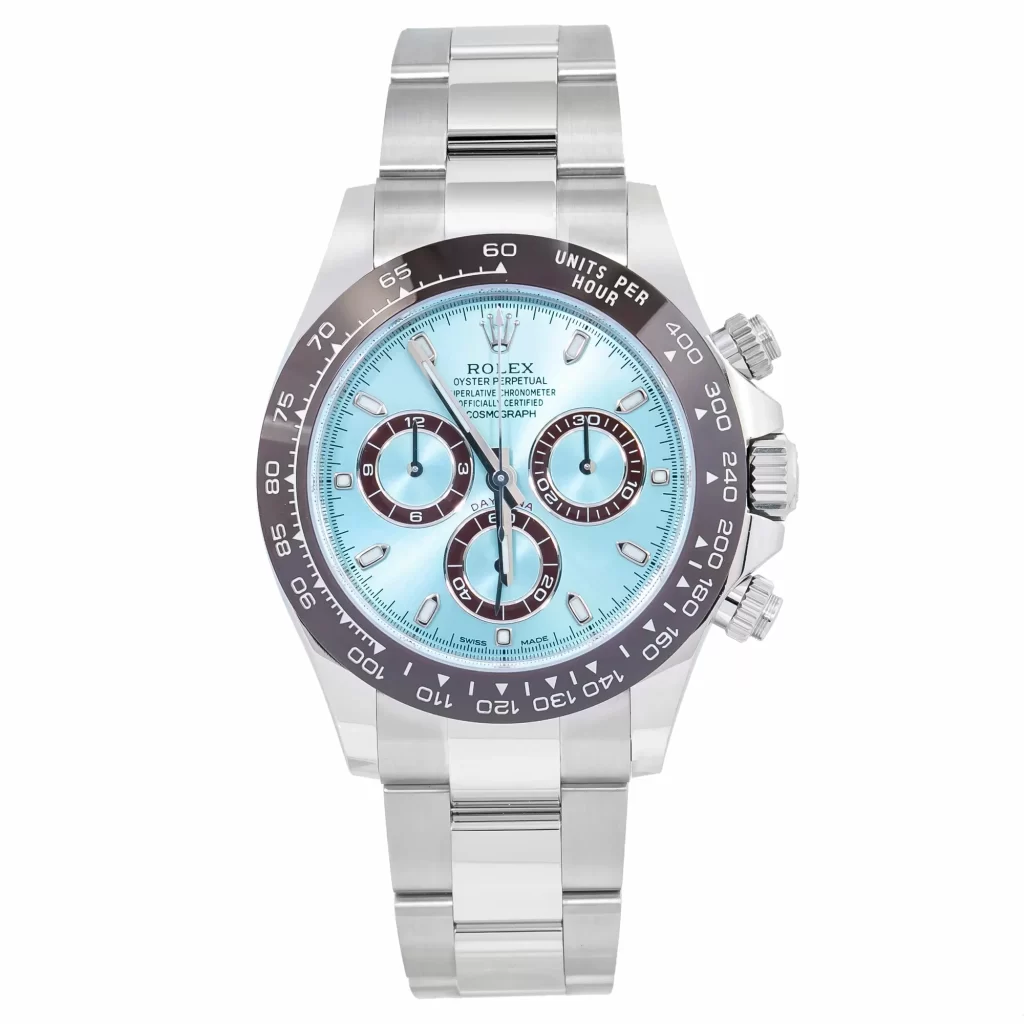
Turn the watch over and the message becomes explicit. The titanium caseback is now stamped “RLX Titanium,” a quiet but deliberate declaration of the Grade 5 alloy anchoring the Ring Lock System. This is not marketing – it is Rolex documenting its own engineering.
In its black-dial form, the Rolex Deepsea is at its most restrained. Purpose-driven, severe, almost austere. It appeals to collectors who value capability over conversation, who appreciate that the most extreme watch Rolex makes can still whisper rather than shout.
The D-Blue dial does something no other Rolex dial truly attempts: it illustrates a journey. Beginning in luminous ocean blue and fading into absolute black, it mirrors James Cameron’s historic descent into the Mariana Trench. Even the green “DEEPSEA” text serves a narrative role, echoing the submersible’s livery rather than chasing aesthetic harmony.
Mechanically, it is identical to the black dial version. Emotionally, it could not be more different.
This is the Deepsea for collectors who believe watches should remember something – that an object can carry an achievement, not just record time. It is romantic without being nostalgic, modern without being sterile. Among contemporary Rolex sports watches, few dials feel this intentional.
And then comes the watch that defies logic entirely.
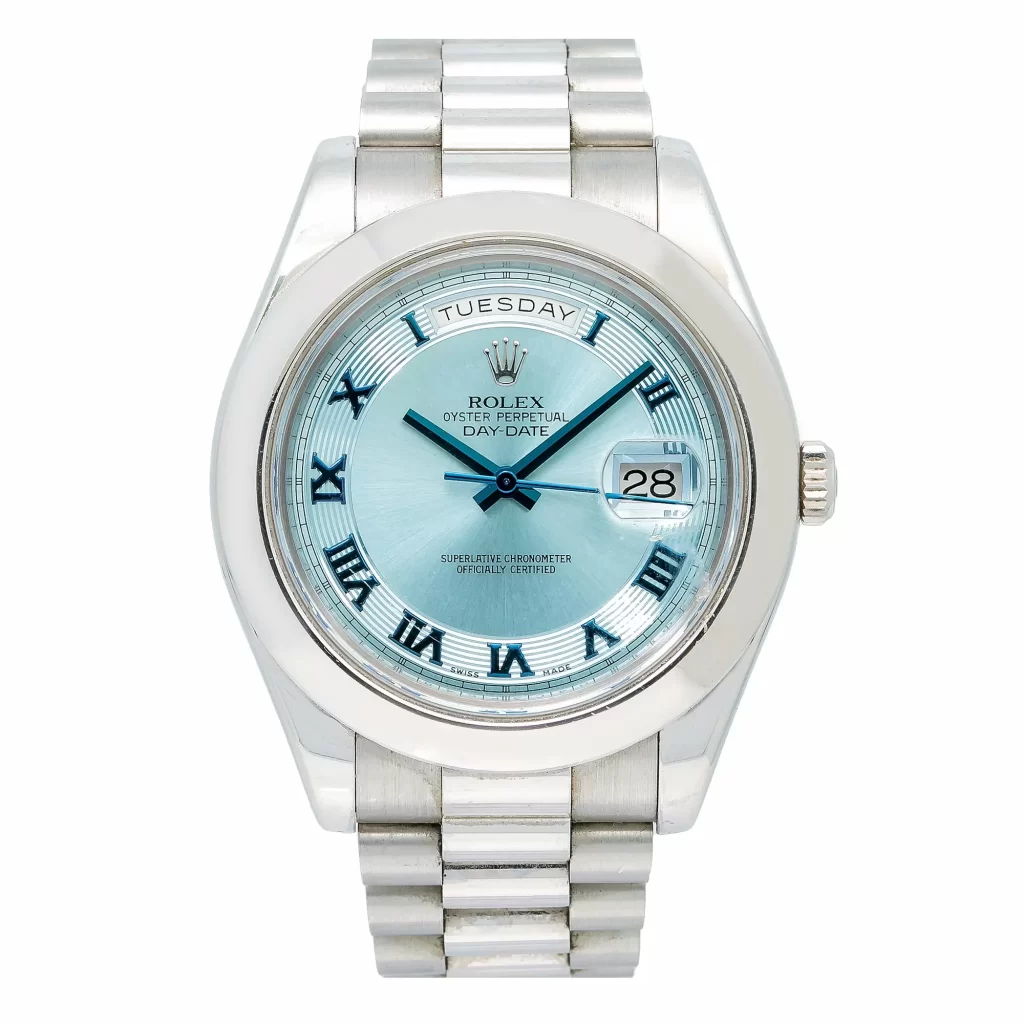
Rendering a 3,900-meter saturation diver in solid 18k yellow gold should not work. And yet, the Ref. 136668LB exists – unapologetically heavy, visually overwhelming, and impossible to ignore.
At over 320 grams, this is not a watch you forget you are wearing. The weight is constant, physical, almost confrontational. Unlike the steel models, the gold Deepsea abandons the gradient dial in favor of a flat, high-gloss royal blue lacquer, paired with a matching Cerachrom bezel. Against the yellow gold case, the contrast is theatrical.
This is no longer a tool watch. It is a provocation.
The gold Deepsea is for collectors who already own restraint – and are bored by it. It is excess elevated to engineering, an absurd idea executed with total seriousness. Few Rolex watches make a stronger statement, and none demand more from the wrist that carries them.
Choosing between these three Deepseas is not about specifications. They are mechanically equal. What differs is intent.
The Deepsea has always been Rolex at its most extreme. Today, it is also Rolex at its most revealing – showing that even at the very edge of what is possible, there is still room for choice, personality, and meaning.
